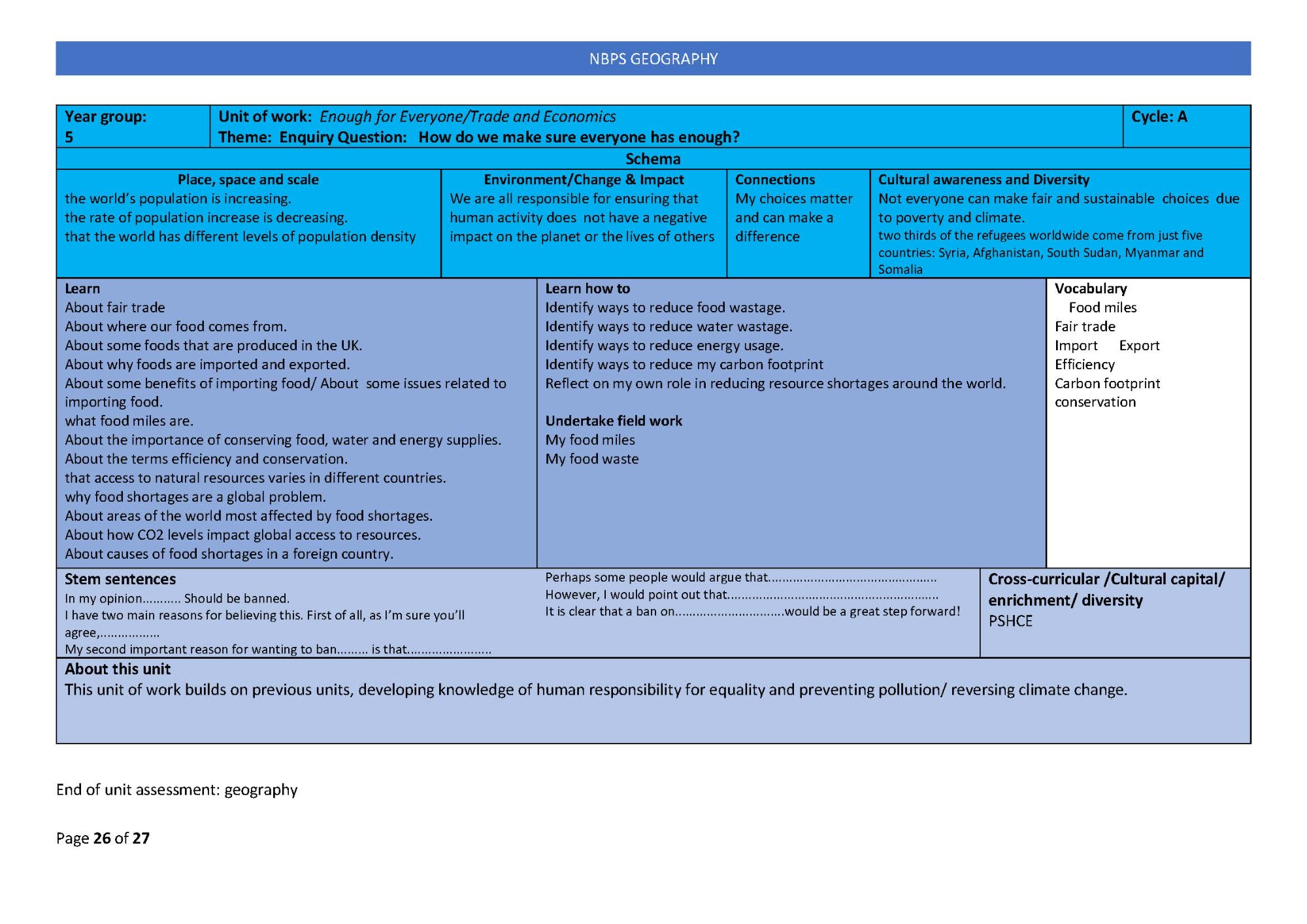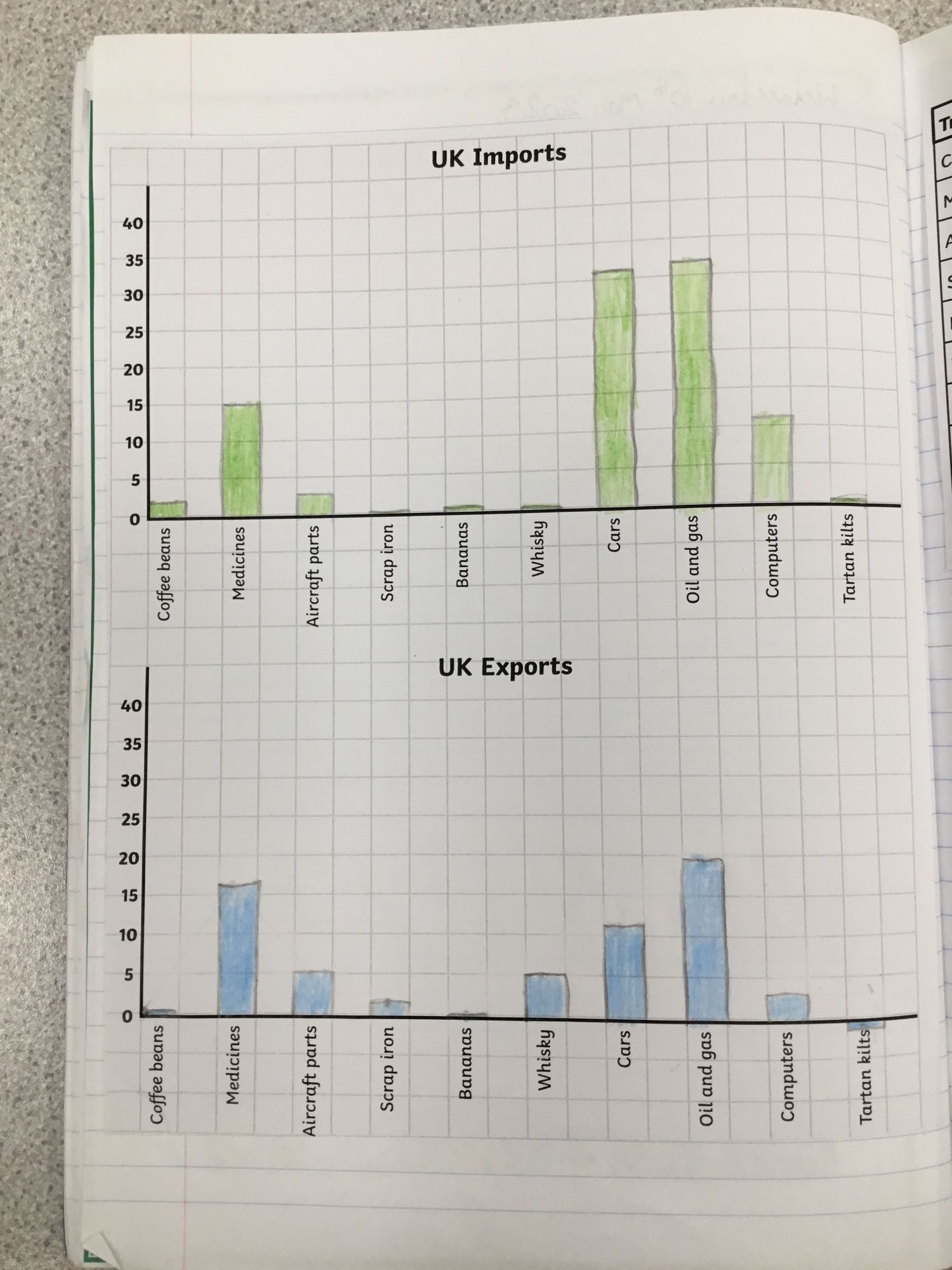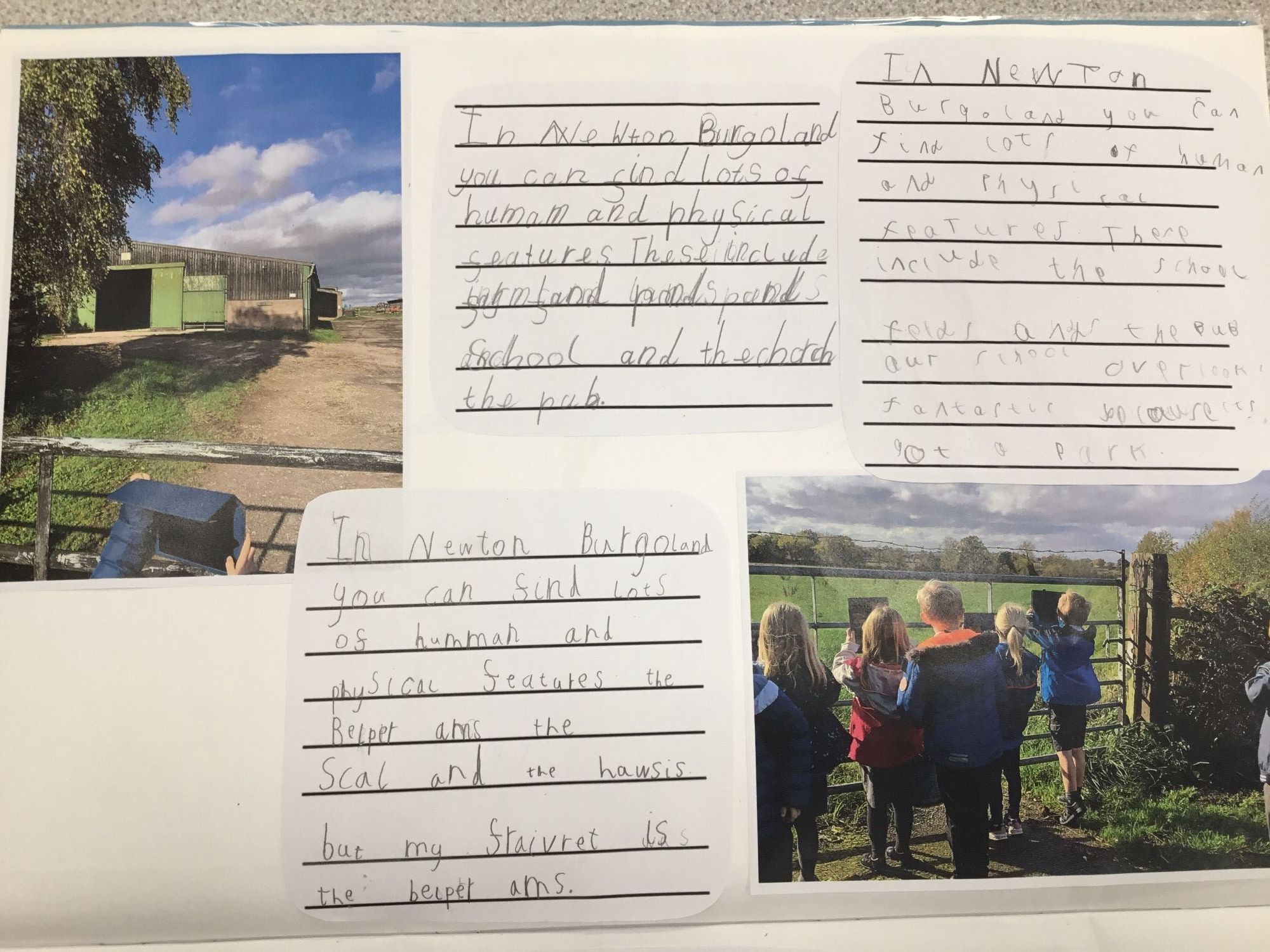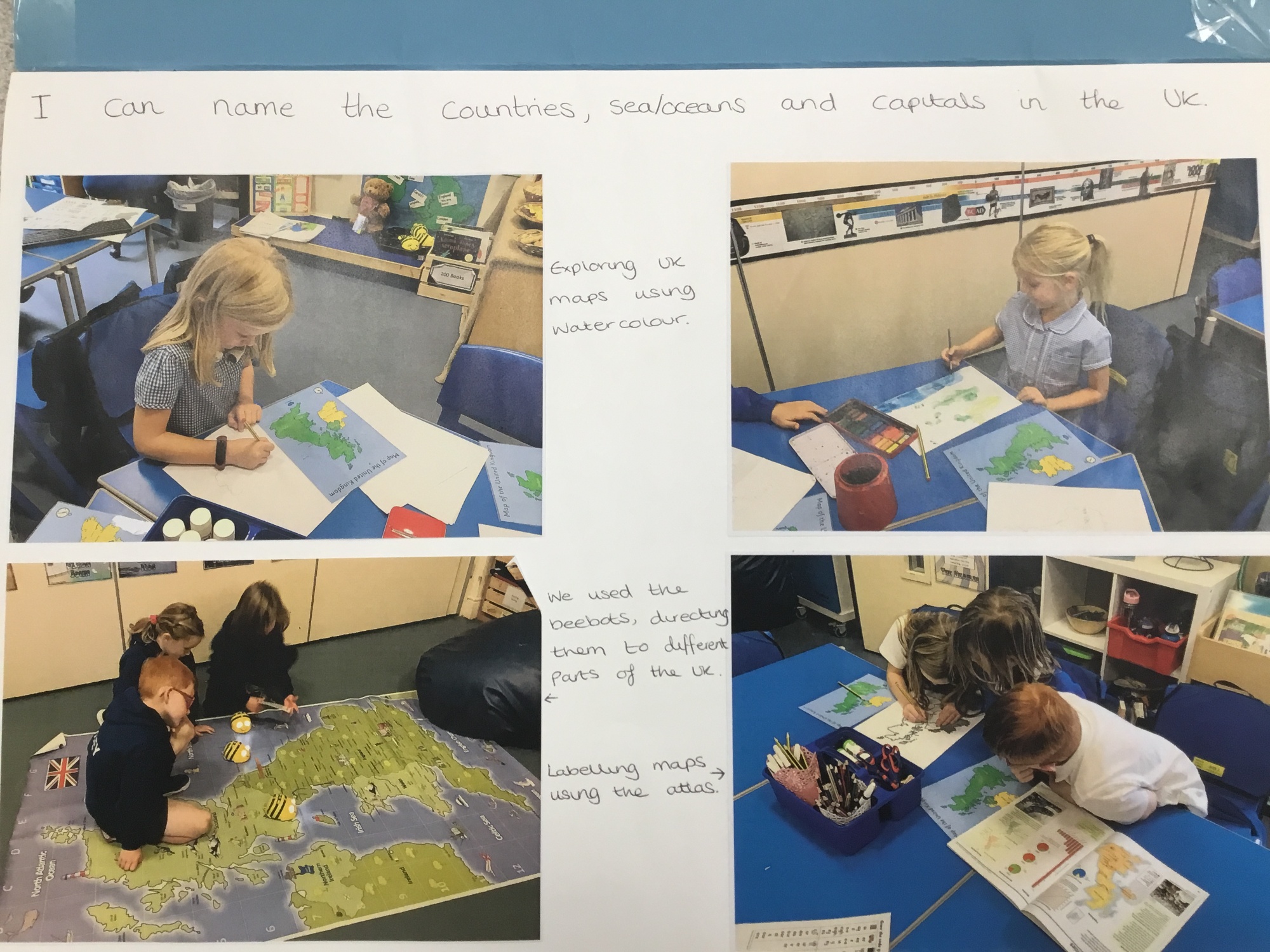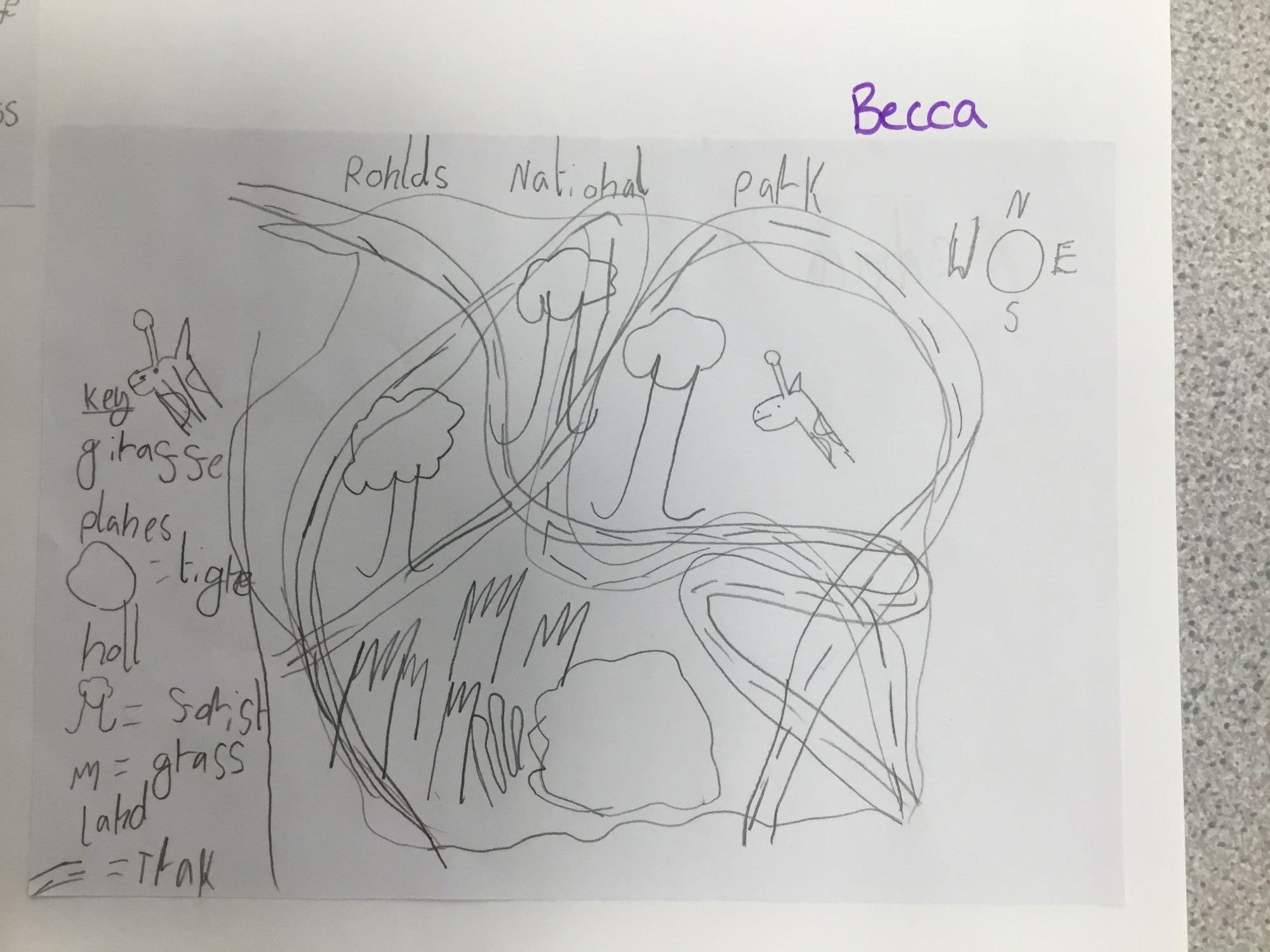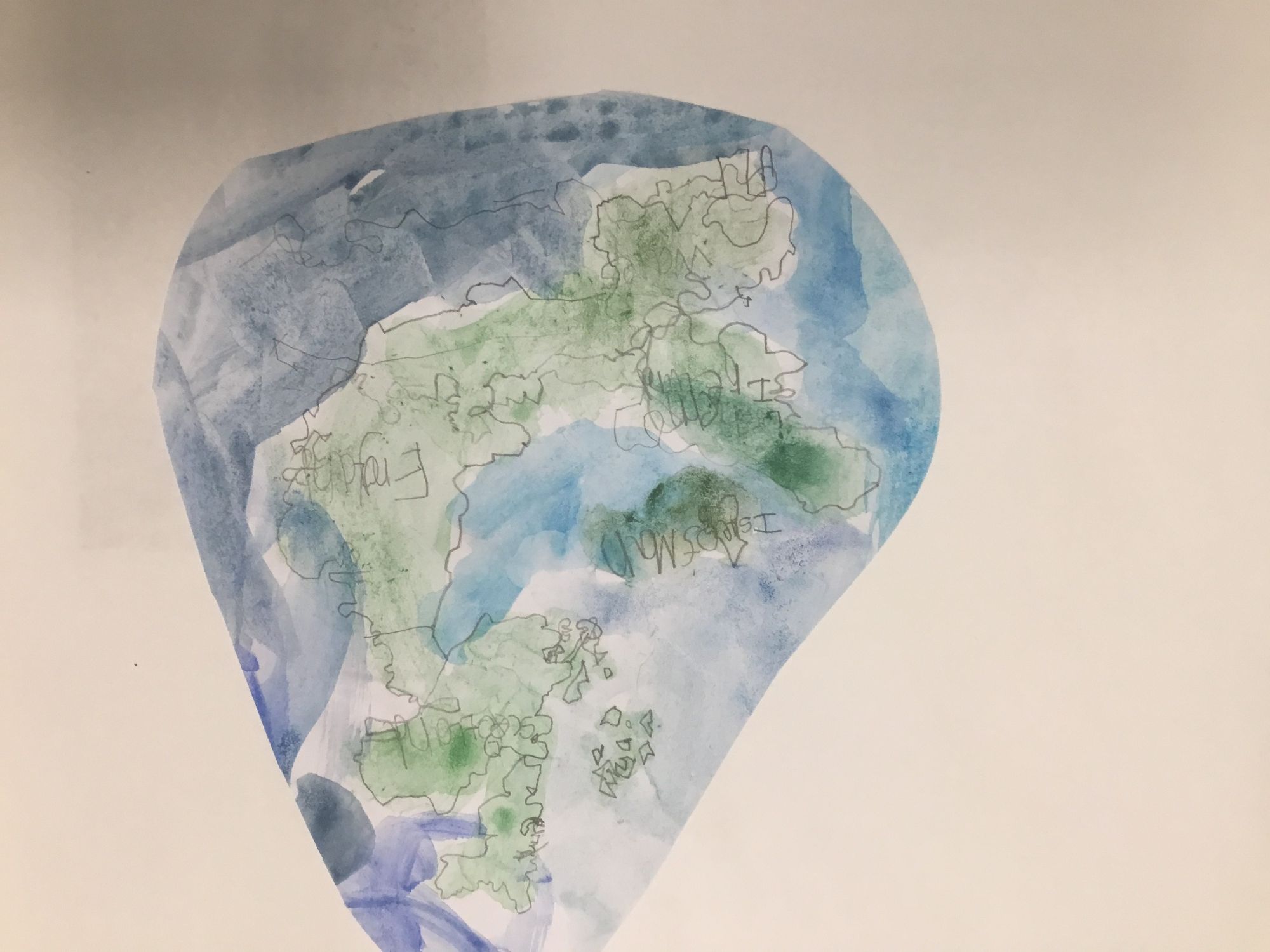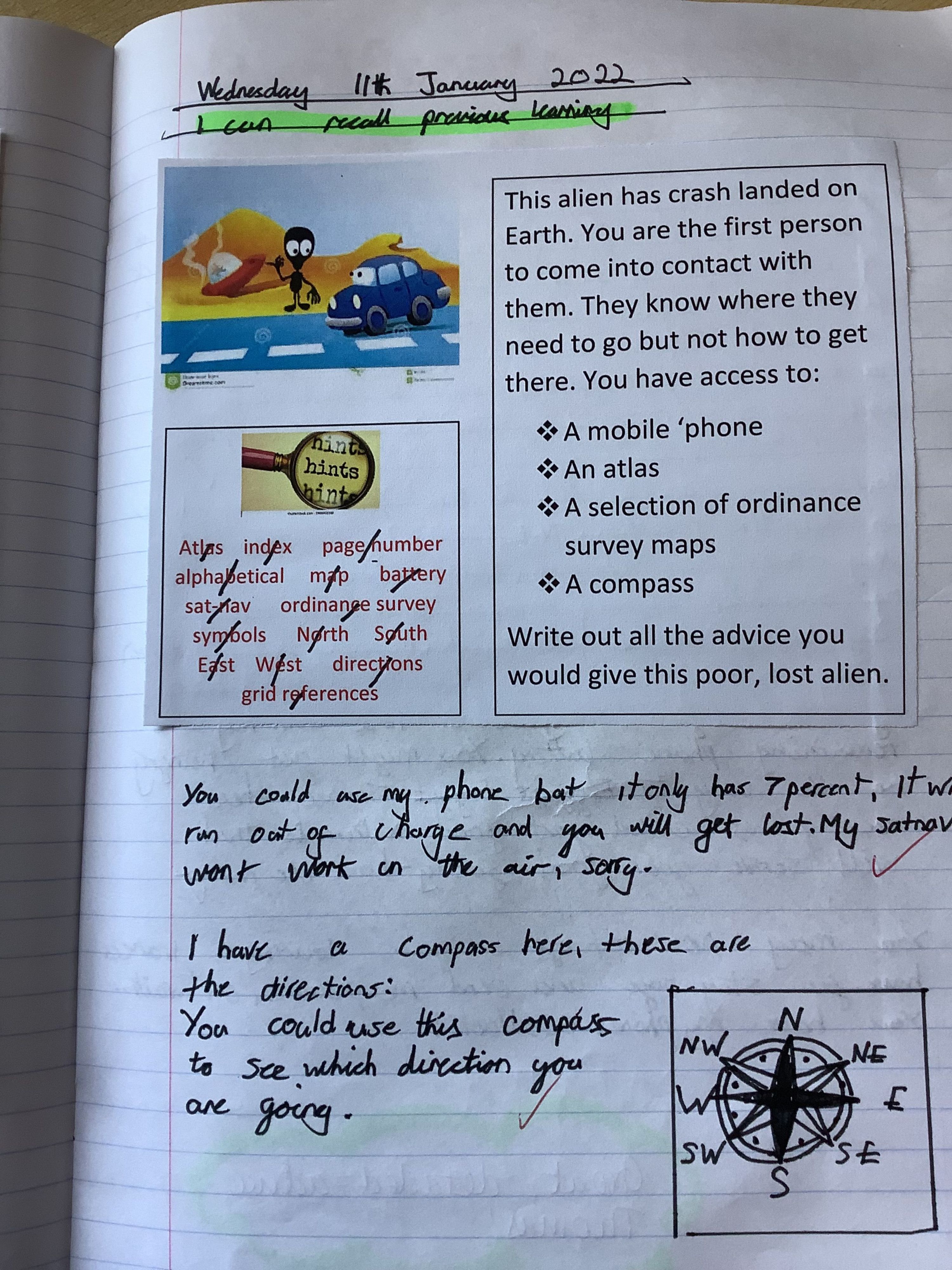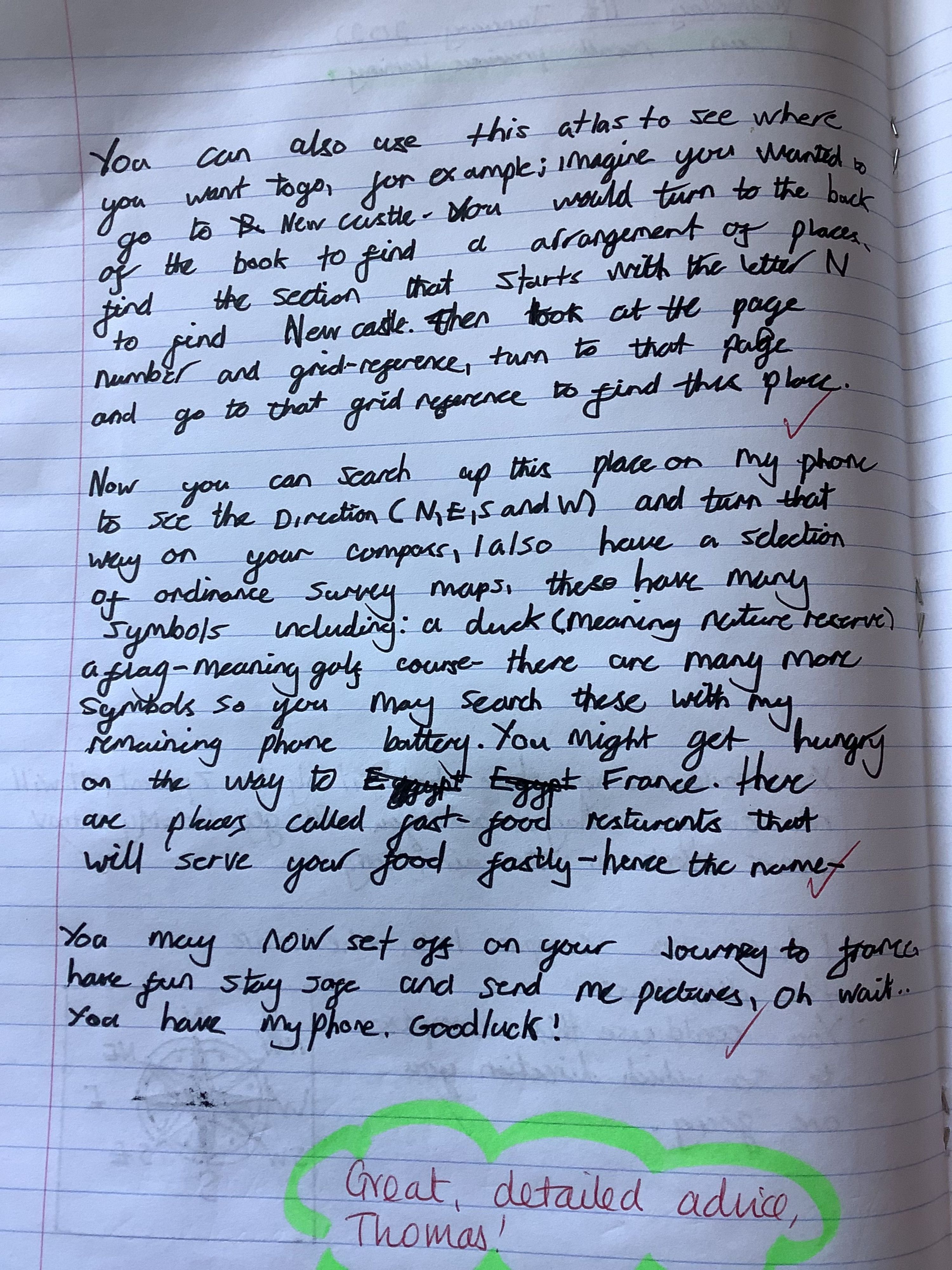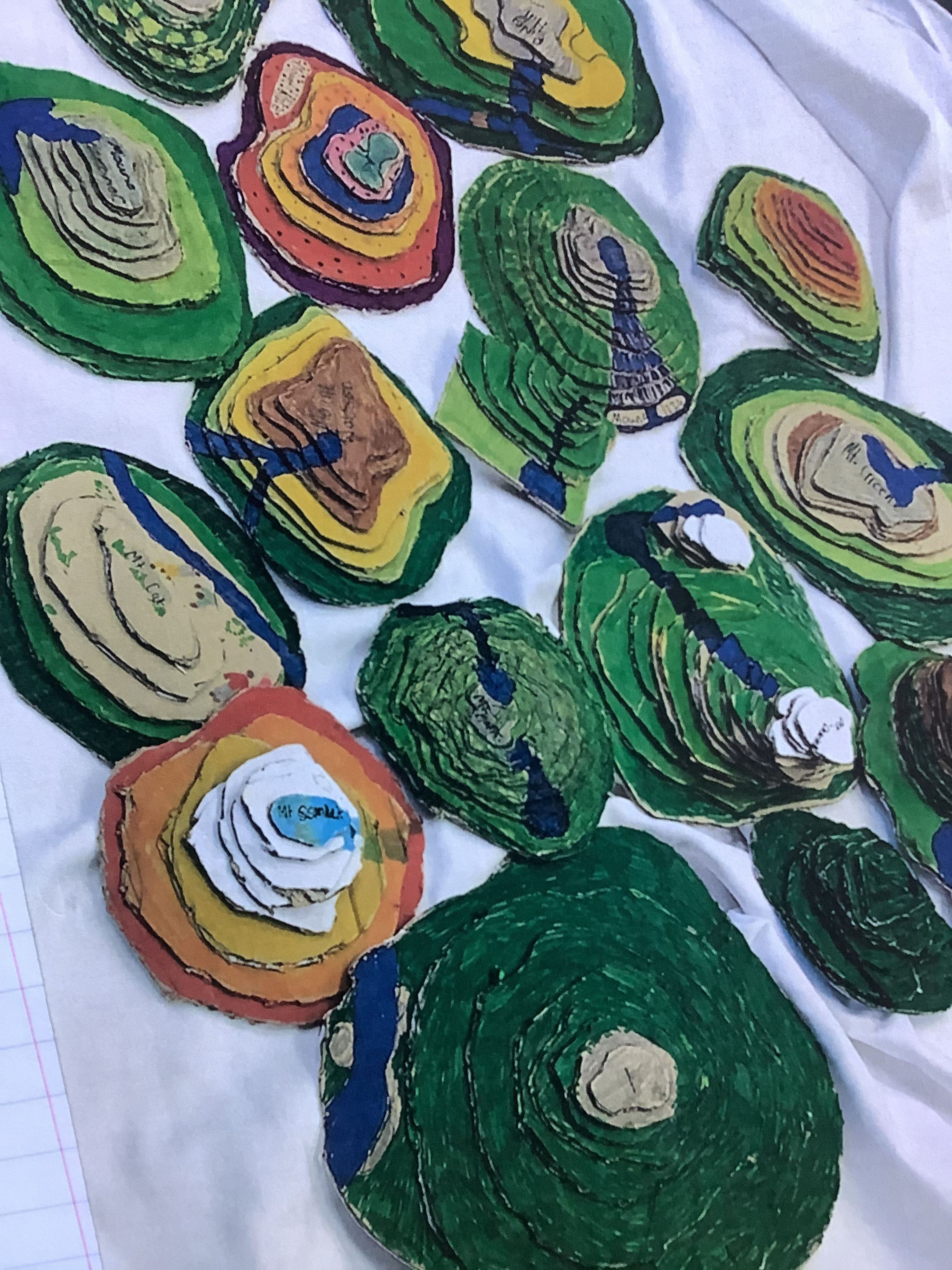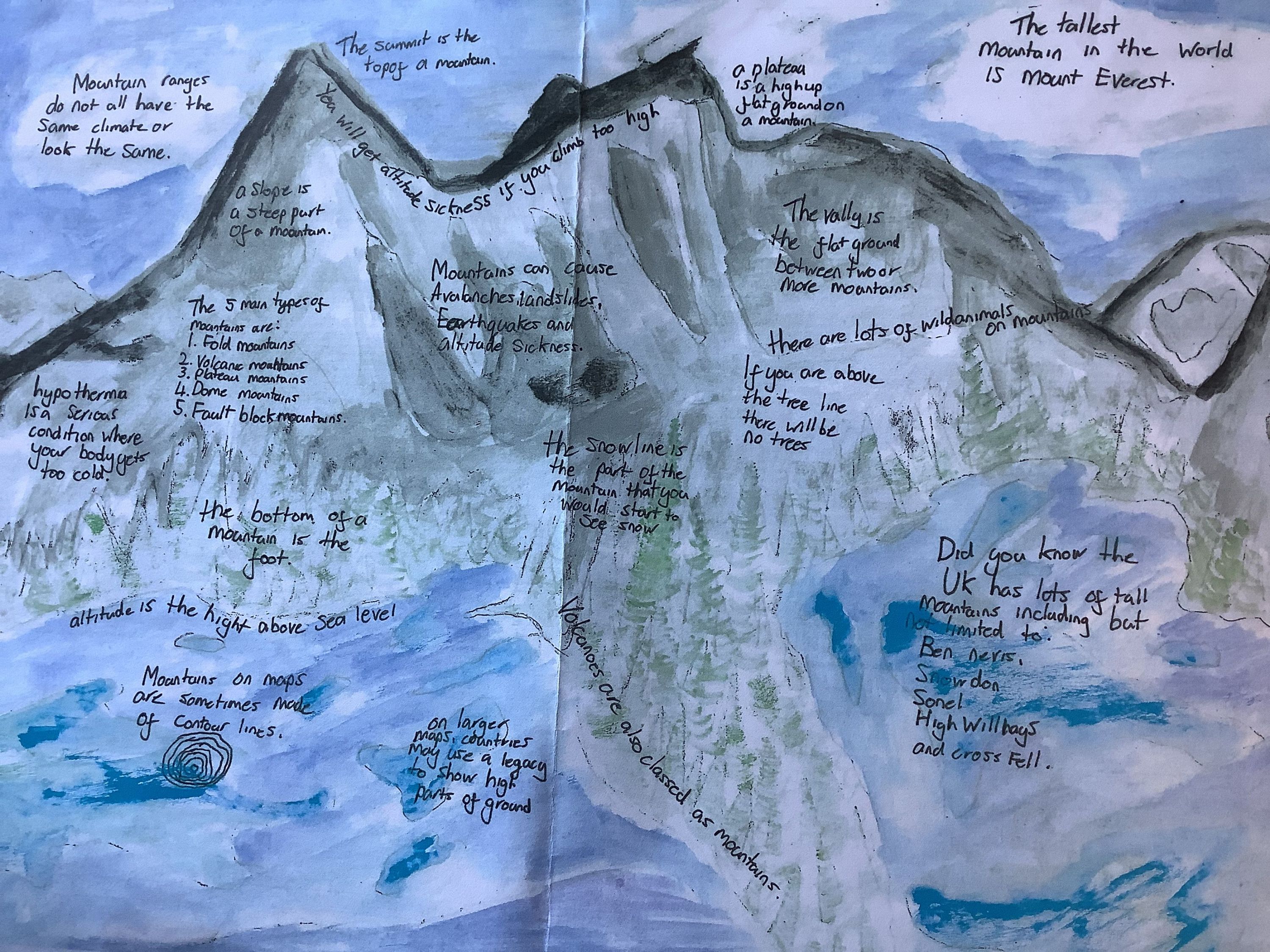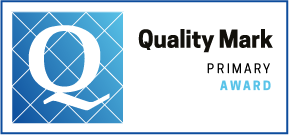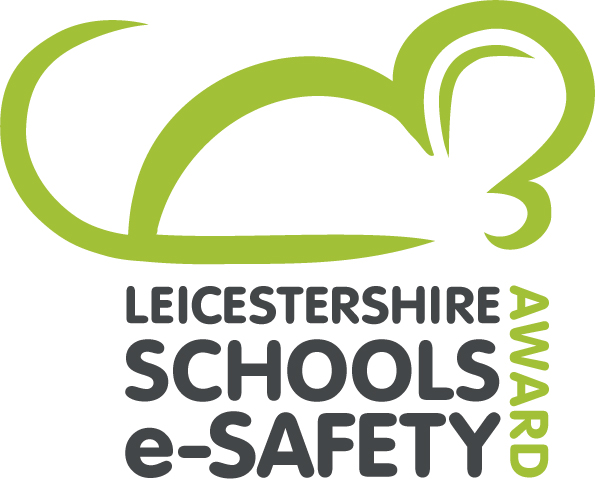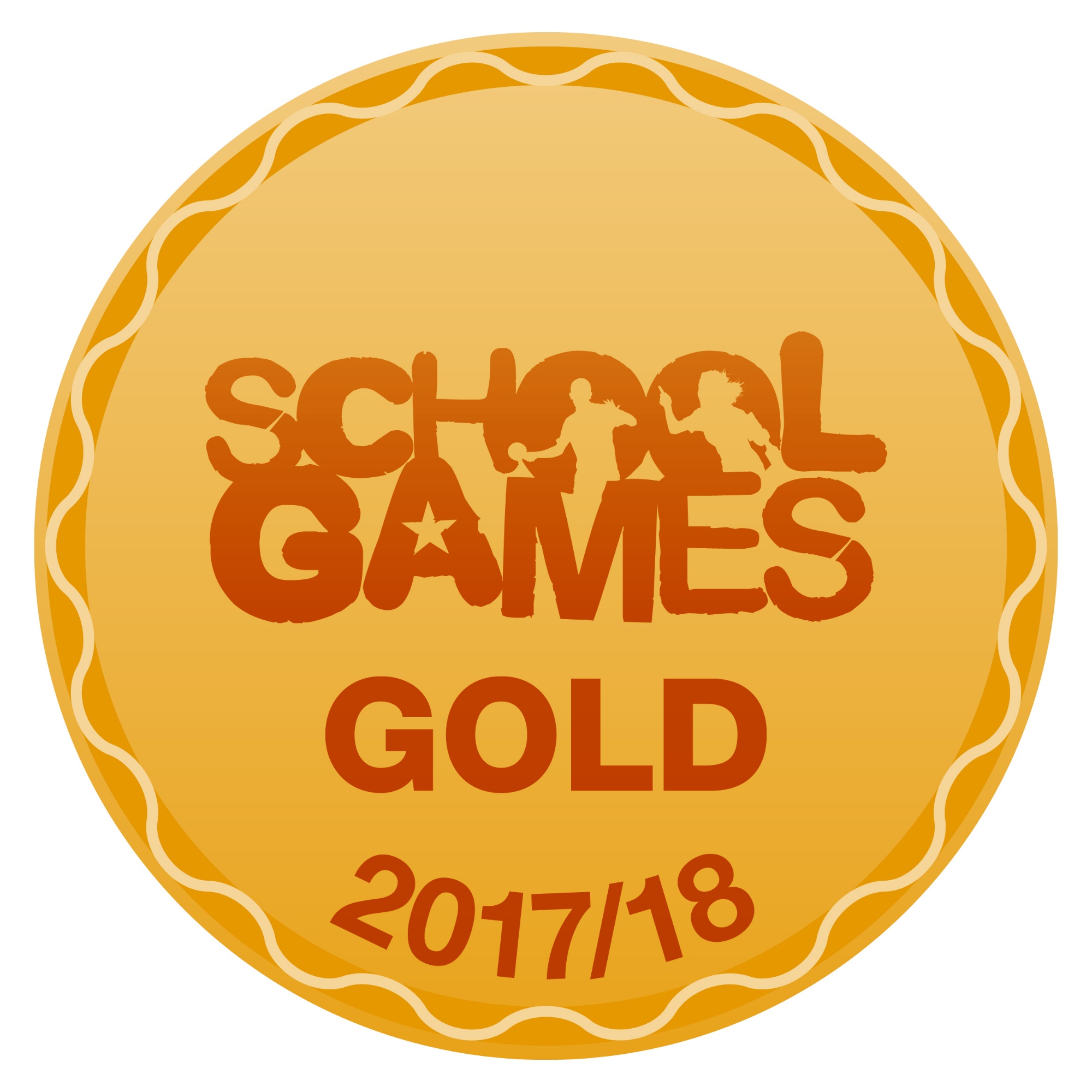Geography
Together We Make Learning A Memorable, Unmissable Adventure
A high-quality geography education should inspire in pupils a curiosity and fascination about the world and its people that will remain with them for the rest of their lives. Teaching should equip pupils with knowledge about diverse places, people, resources and natural and human environments, together with a deep understanding of the Earth’s key physical and human processes. As pupils progress, their growing knowledge about the world should help them to deepen their understanding of the interaction between physical and human processes, and of the formation and use of landscapes and environments. Geographical knowledge, understanding and skills provide the frameworks and approaches that explain how the Earth’s features at different scales are shaped, interconnected and change over time.
Approximately 30 hours is allocated to geography annually in key stage 2. (15 in key stage 1 so that basic skills development including reading and PSHCE can be prioritised)
Intent
|
Our curriculum ensures that pupils can explore 7 key concepts from EYFS to year 6 building knowledge and understanding of: space, place, environment, Interconnection, scale, sustainability and change.
Implementation
|
Where possible links are made between study in other subject areas and geography. We draw on learners’ own experiences and interests. In key stage 2 pupils work together throughout the year to explore: ‘Fridays for the Future’ Our curriculum moves from the local area, to the United Kingdom and beyond, using picture books and stories in key stage one to explore places we may never visit, and the lives of others. We take advantage of trips and visits in other curriculum areas asking: • What is this place like? • Who lives here? • How is this place like other places I have visited? In what ways is it different? |
• Why is this place like this?
|
The curriculum is organised to enable learners to revisit and explore, with greater maturity, themes of Locational and place Knowledge; Human and Physical Geography; Geographical Skills and Fieldwork including using maps, atlases and globes.
Assessment, Recording and Reporting In all subjects there are three broad areas for assessment:
Teachers assess learner’s work, their attitudes, increasing skills, knowledge and understanding, by making informal judgements as they observe them during lessons. This assessment enables planning to be tailored to meet learners needs. Assessment encompasses teacher, peer and self-assessment. In all subjects, opportunities for both Assessment for Learning and Assessment of Learning are built into provision. Learners are supported to reflect on their own learning and, age appropriately, to make judgements about their strengths and needs, beginning to plan how to make progress and set personal targets.
Baseline assessment, in order to understand pupils’ prior learning, is an essential part of planning to ensure new learning is relevant and progress can be assessed. The learners work, in particular baseline assessments and end of unit assessments, which are recorded within learners’ workbooks are used to make decisions at the end of each unit, and at the end of each year, as to next learning steps and whether or not learners are making strong progress and are on track for end of key stage expectation. Progress is recorded and reported to parents as part of the child’s annual school report. Special Educational Needs |
Geography is taught to all children, whatever their ability, in accordance with the school curriculum policy of providing a broad and balanced education to all children. Teachers provide learning opportunities matched to the needs of children with learning difficulties
Curriculum Drivers in geography
Reading
Our class reads include some fiction set in countries around the world and by authors from around the globe. As does our 200 book challenge in both key stages. Within lessons pupils are expected to read to learn.
Character
In Geography, children develop an understanding of the world around them. We aim to equip the children with knowledge about diverse places, people, resources and human and natural environments. This will give the children an awareness of the what else the world has to offer them.
Our intention is that the children have a thirst for learning and a love of Geography. Through this the children will see that the world is linked by many means and that their actions, and those of others, could have an impact on the rest of the world. We want them to see how they can act to protect environments and ultimately the world.
Creativity, reasoning and communication
Through the use of Newsround, the children are exposed to some of what is happening in the world in the present. Where major significant events are taking place, these are discussed in class. For example, when extreme weather has happened in the UK and in other countries. The children discuss events and issues and consider how problems might be solved. They develop their understanding of where places are in the world and the effects the environmental issue has on them and the countries involved.
In field work children investigate key questions, give reasons for their ideas and work with others to communicate their learning.
Impact
|
Prior to the pandemic:
Initially, as a result of the pandemic pupils have:
|
By following the assess, plan, do, review cycle teachers identified areas which needed more or less focus over the last 2 years and supported all pupils to make strong progress from starting points.
Next steps 23/24
- Further develop fieldwork opportunities locally to support learning within units.
The national Curriculum
The national curriculum for geography aims to ensure that all pupils:
- develop contextual knowledge of the location of globally significant places – both terrestrial and marine – including their defining physical and human characteristics and how these provide a geographical context for understanding the actions of processes
- understand the processes that give rise to key physical and human geographical features of the world, how these are interdependent and how they bring about spatial variation and change over time
- are competent in the geographical skills needed to:
- collect, analyse and communicate with a range of data gathered through experiences of fieldwork that deepen their understanding of geographical processes
- interpret a range of sources of geographical information, including maps, diagrams, globes, aerial photographs and Geographical Information Systems (GIS)
- communicate geographical information in a variety of ways, including through maps, numerical and quantitative skills and writing at length.
EYFS
Foundation stage
Learners in foundation stage are taught within a mixed age class. They actively engage with the geography curriculum through play.
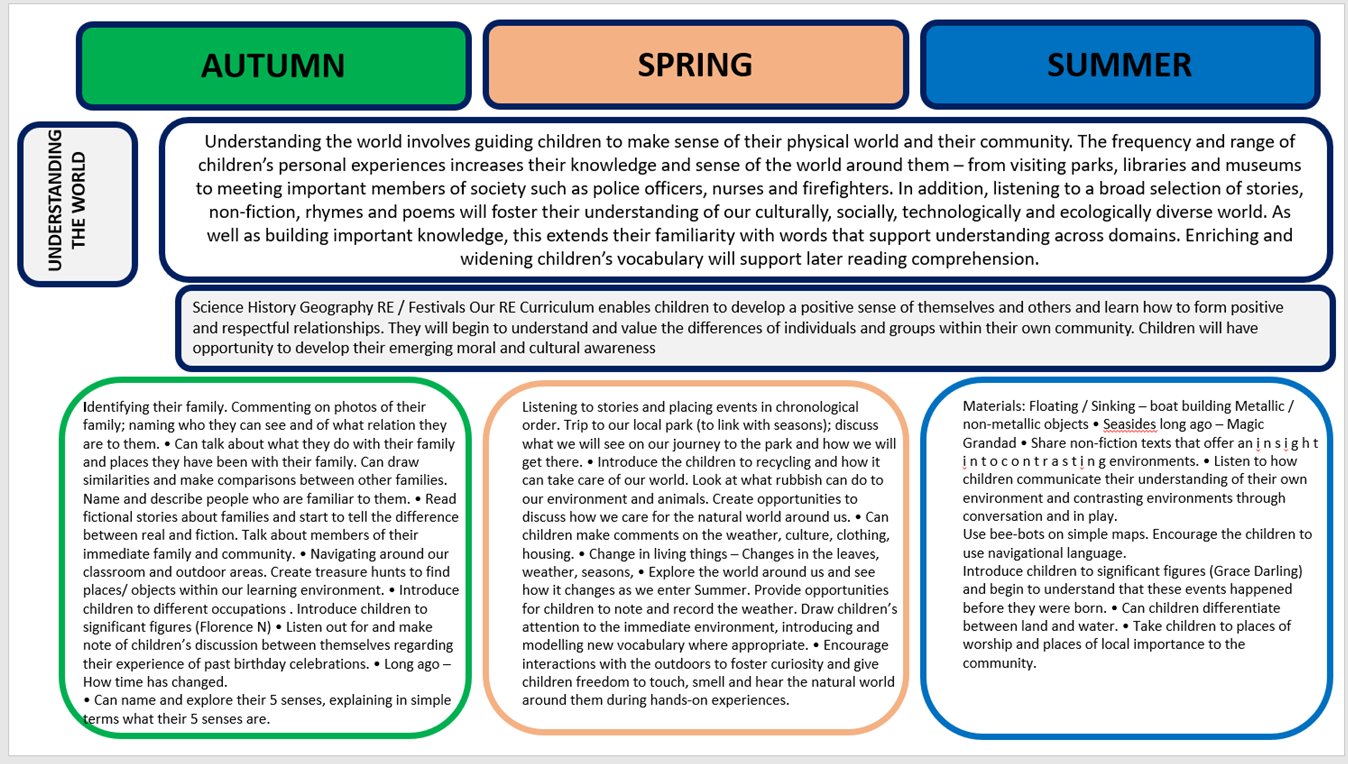
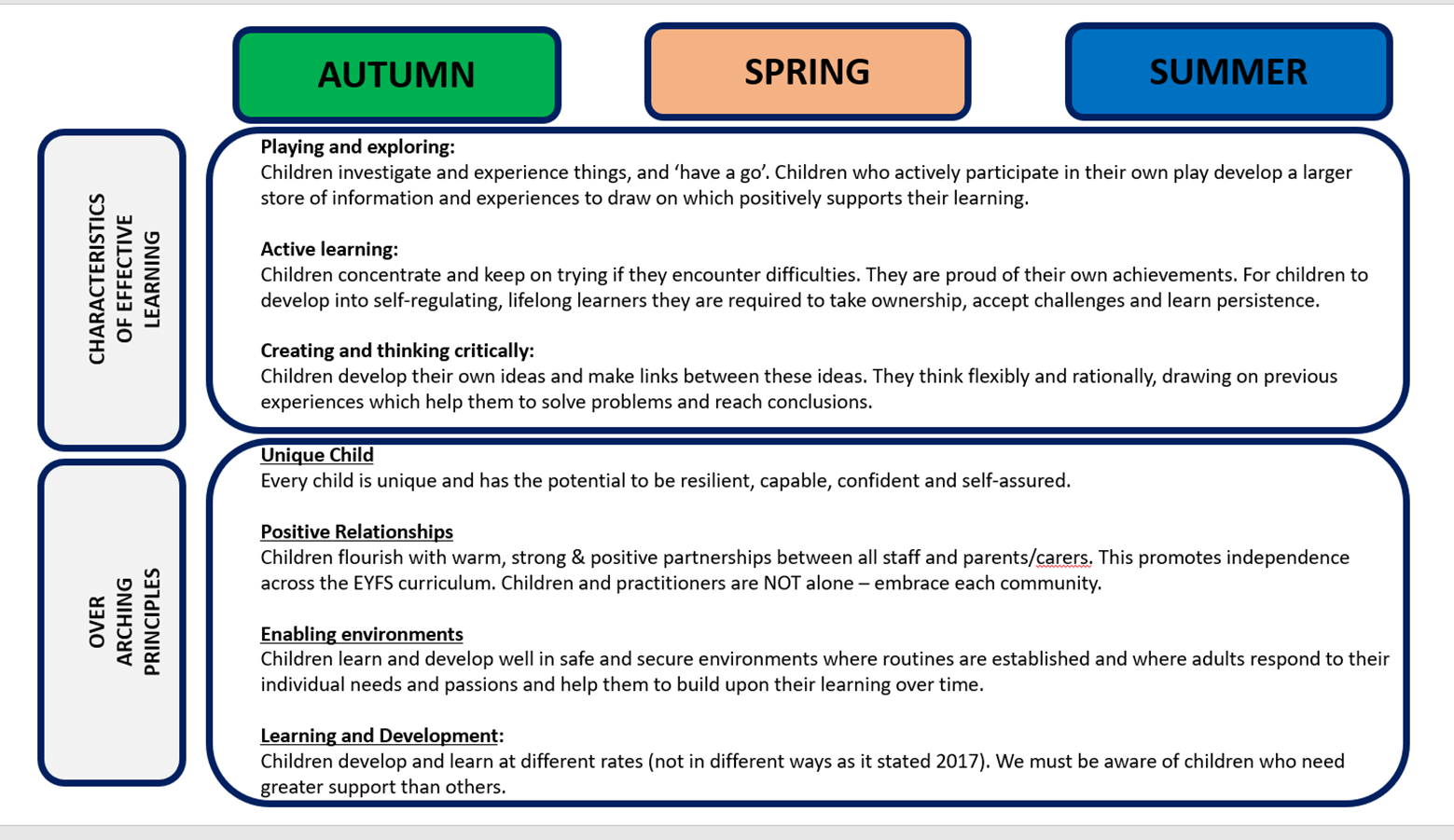
Curriculum End Points, Enquiry questions and Key Knowledge within units of work
These indicate what we want the children to know and the key geographical skills we want them to be confident in by the end of each unit. They are organised around the key areas identified in the National Curriculum. Units of work maybe reorganised across the 2 year plan.
FIELD WORK
observing, questioning, planning, collecting, recording, evaluating, representing, analysing, concluding, communicating, reflecting and responding.
|
|
F/Y1 |
Y2 |
Y3/4 |
Y5/6 |
|
What places are like and why, where places are and why, and how they connect to other places. |
Our local area (village study) observing, questioning, representing, communicating, reflecting and responding
|
Ashby de La Zouch (Town study) observing, questioning, planning, collecting, recording, evaluating, representing, communicating, reflecting and responding. |
Creswell Crags Leicester (City study) observing, questioning, planning, collecting, recording, evaluating, representing, analysing, concluding, communicating, reflecting and responding |
River Study Pollution study – tourism observing, questioning, planning, collecting, recording, evaluating, representing, analysing, concluding, communicating, reflecting and responding. |
ALL ABOUT ME Houses and Homes/ our local area
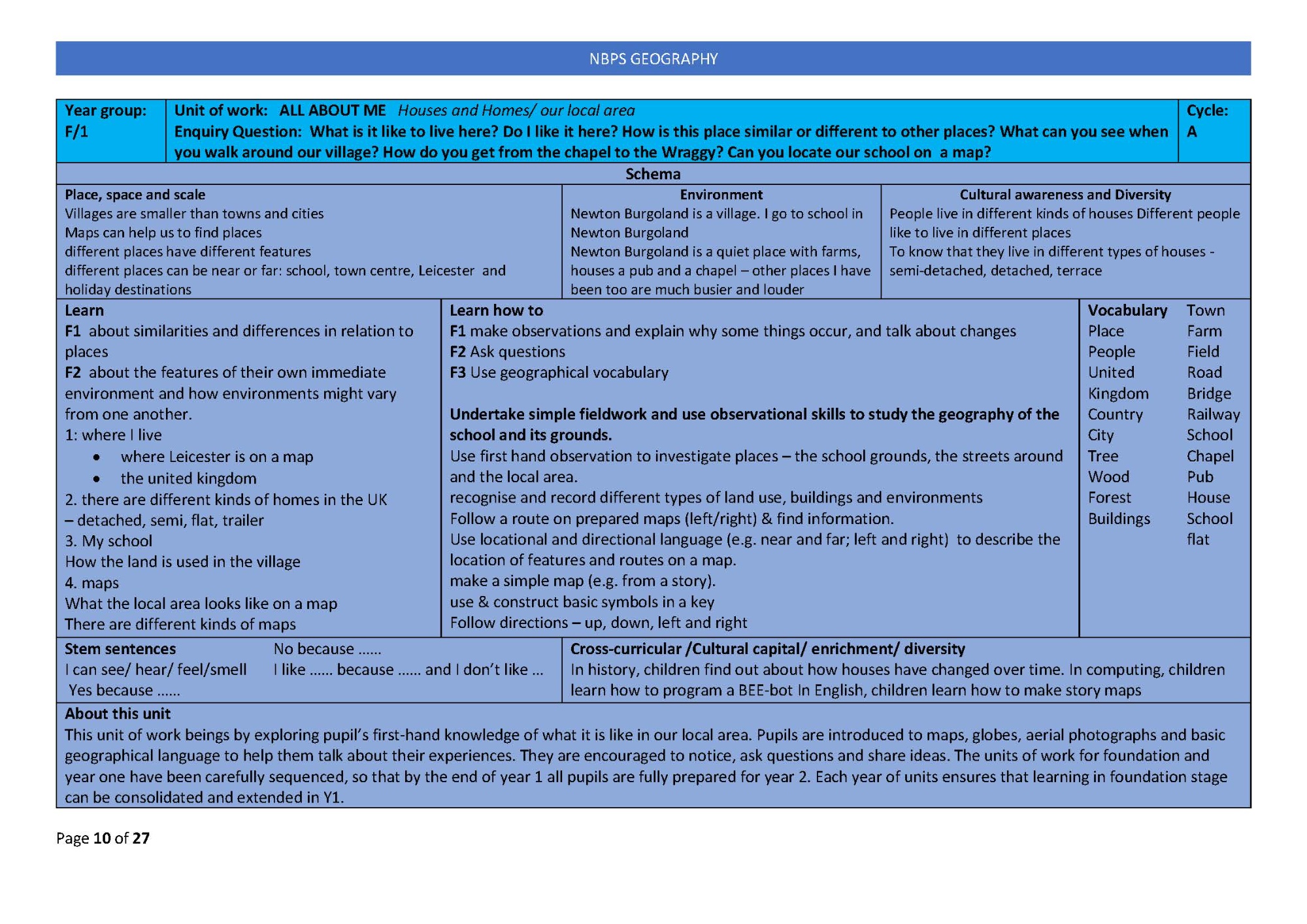
OUR WONDERFUL WORLD ( UK & Surrounding Seas/ London and landmarks)
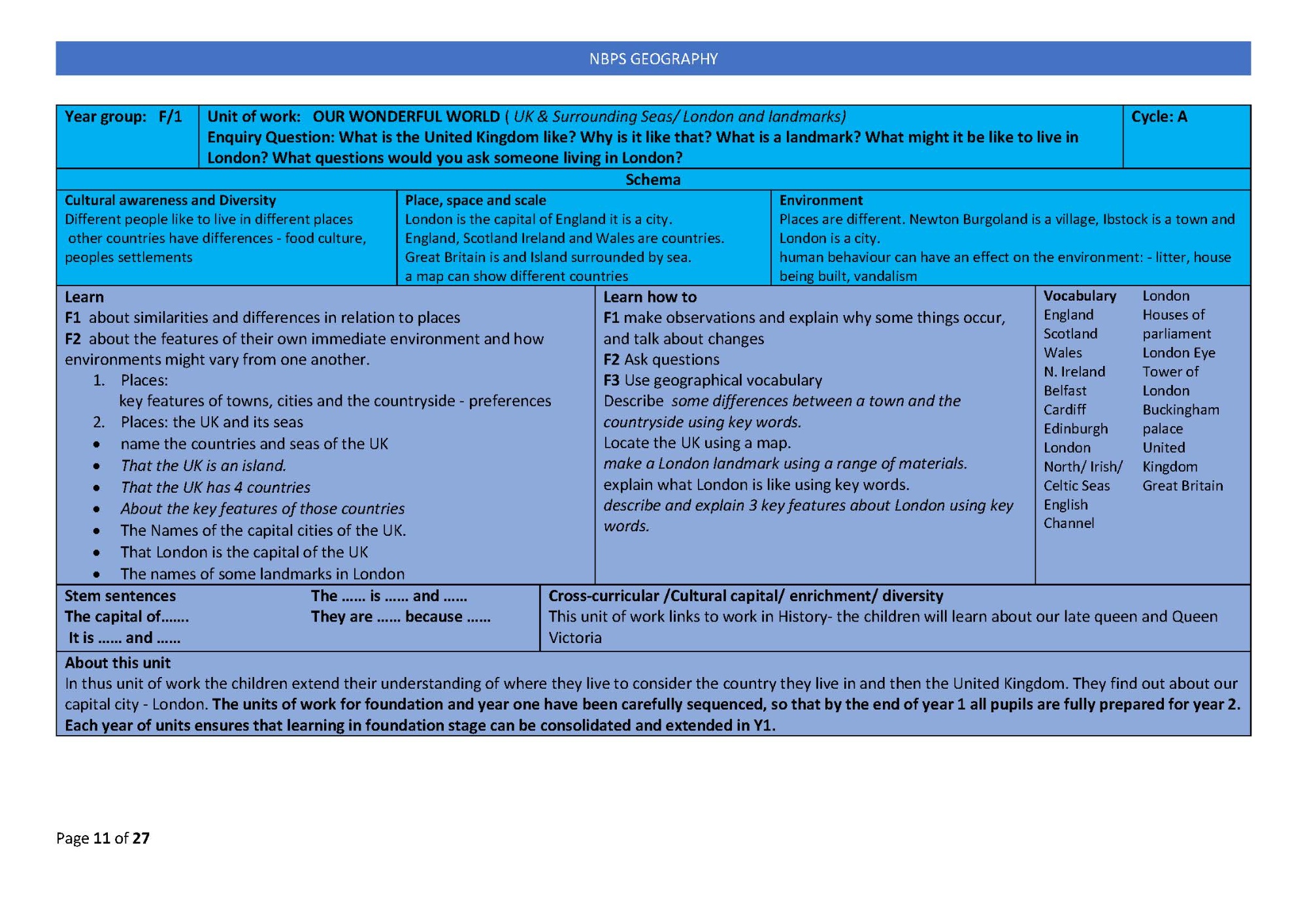
OFF TO THE SEASIDE UK and Surrounding Seas (features on coast)
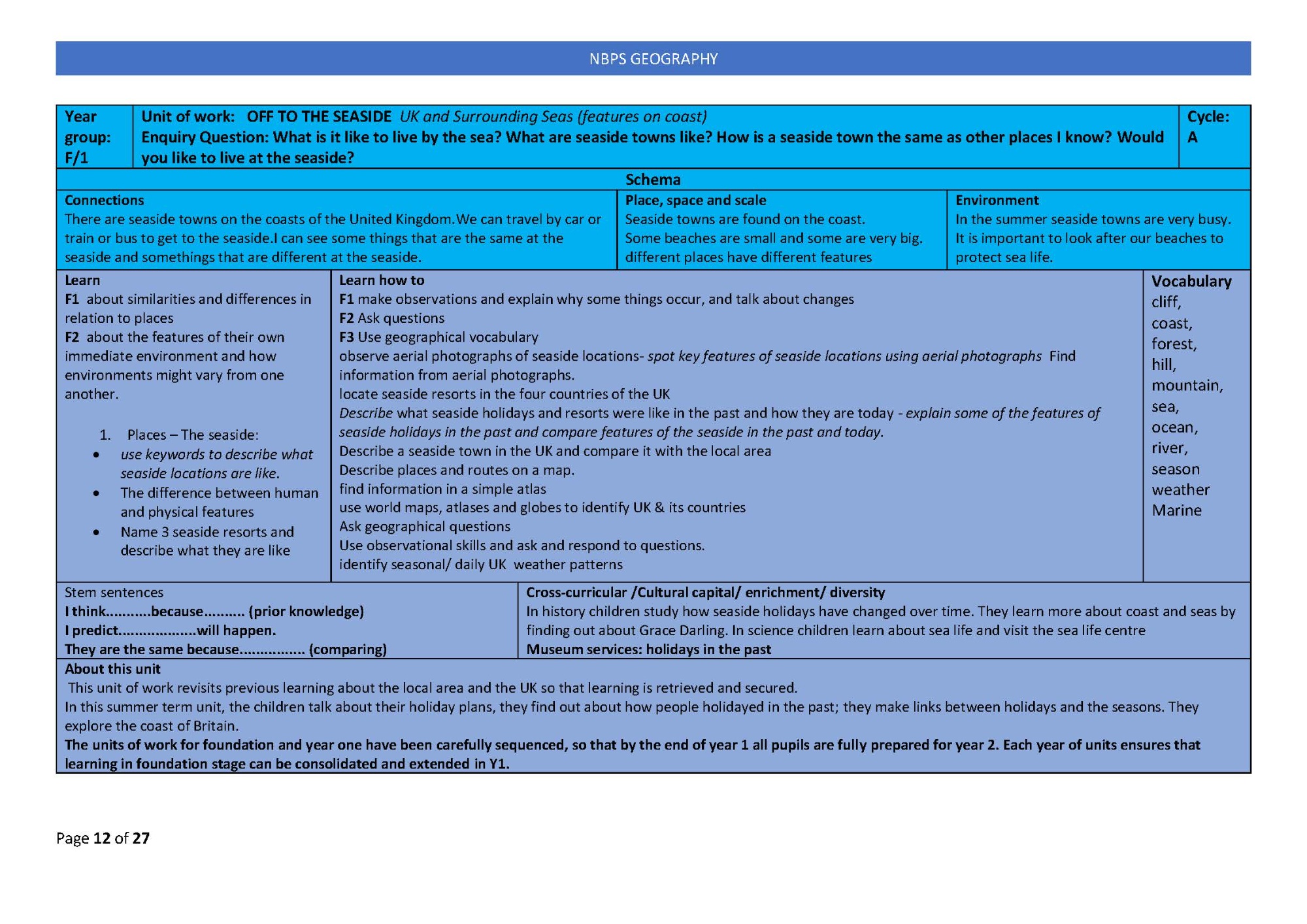
Hot and cold places
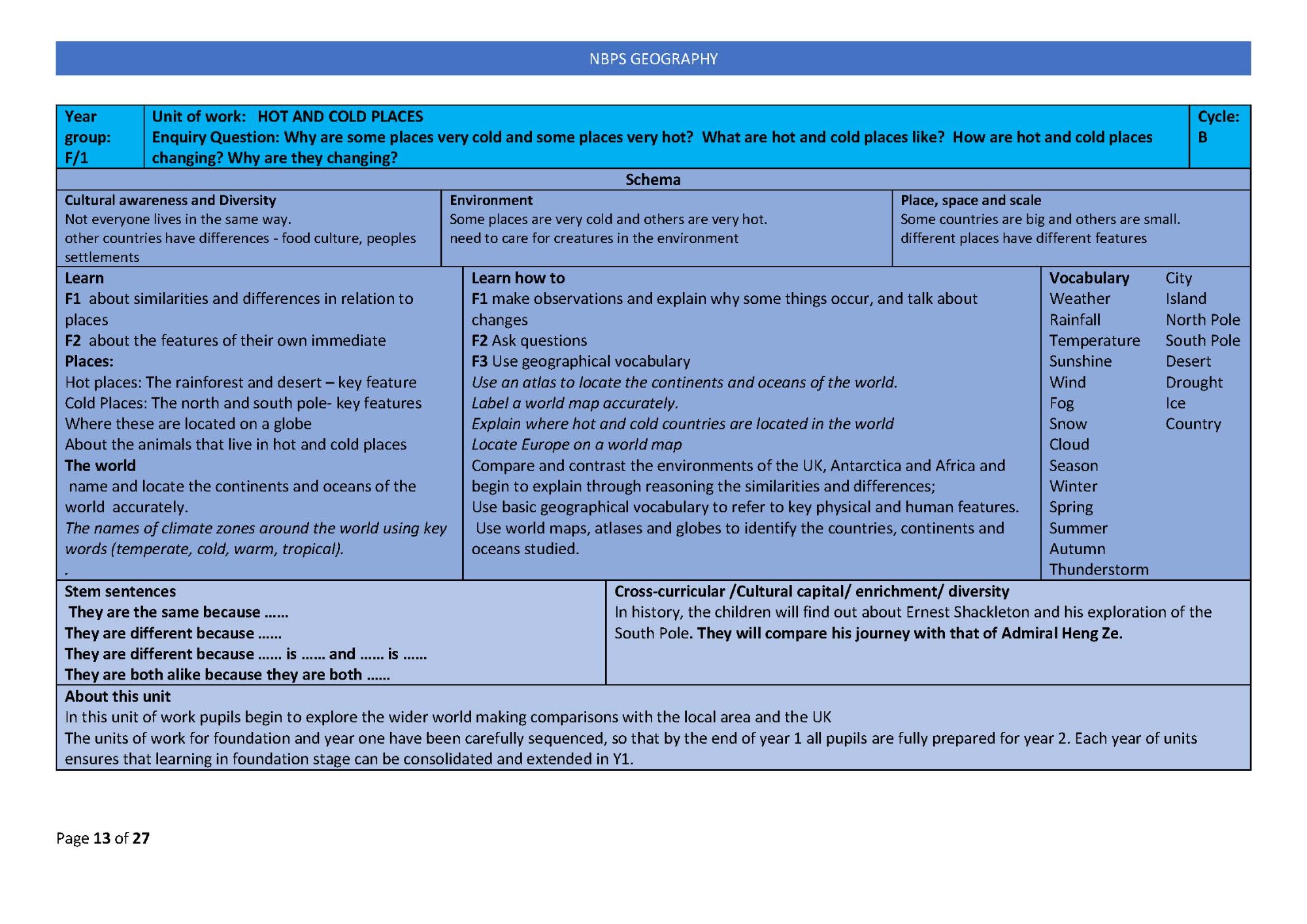
In the garden
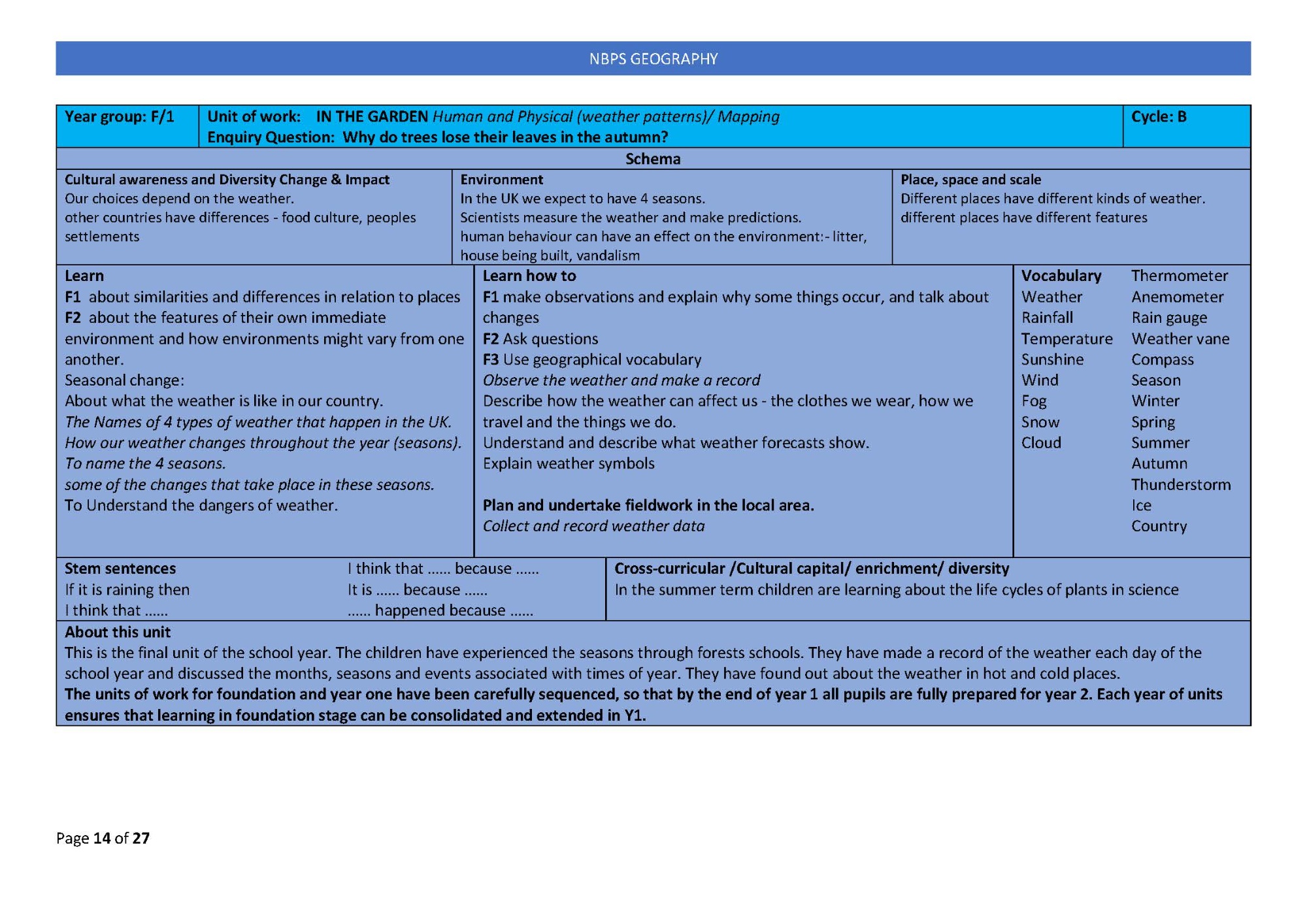
Into the wild and into the past
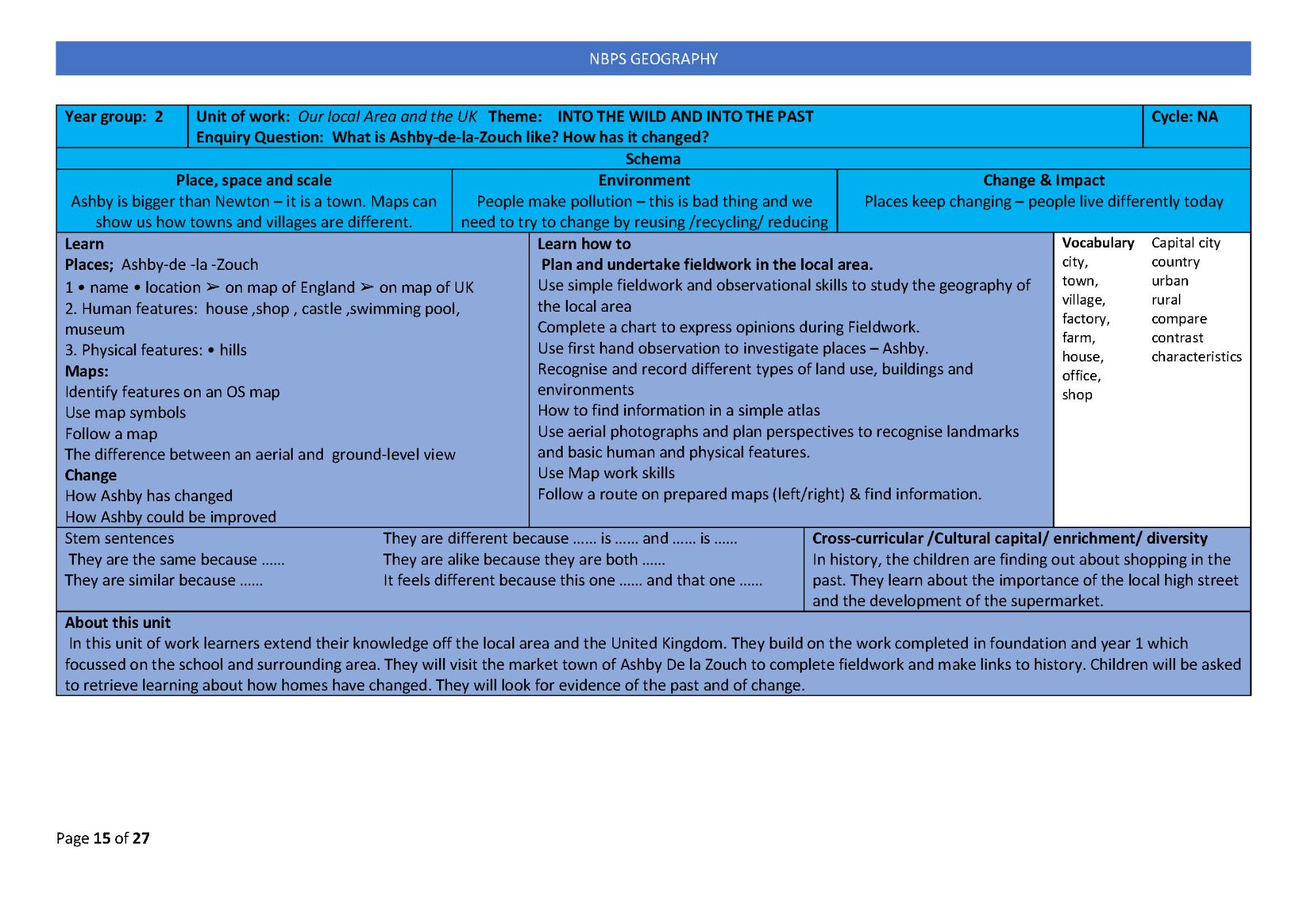
magical maps
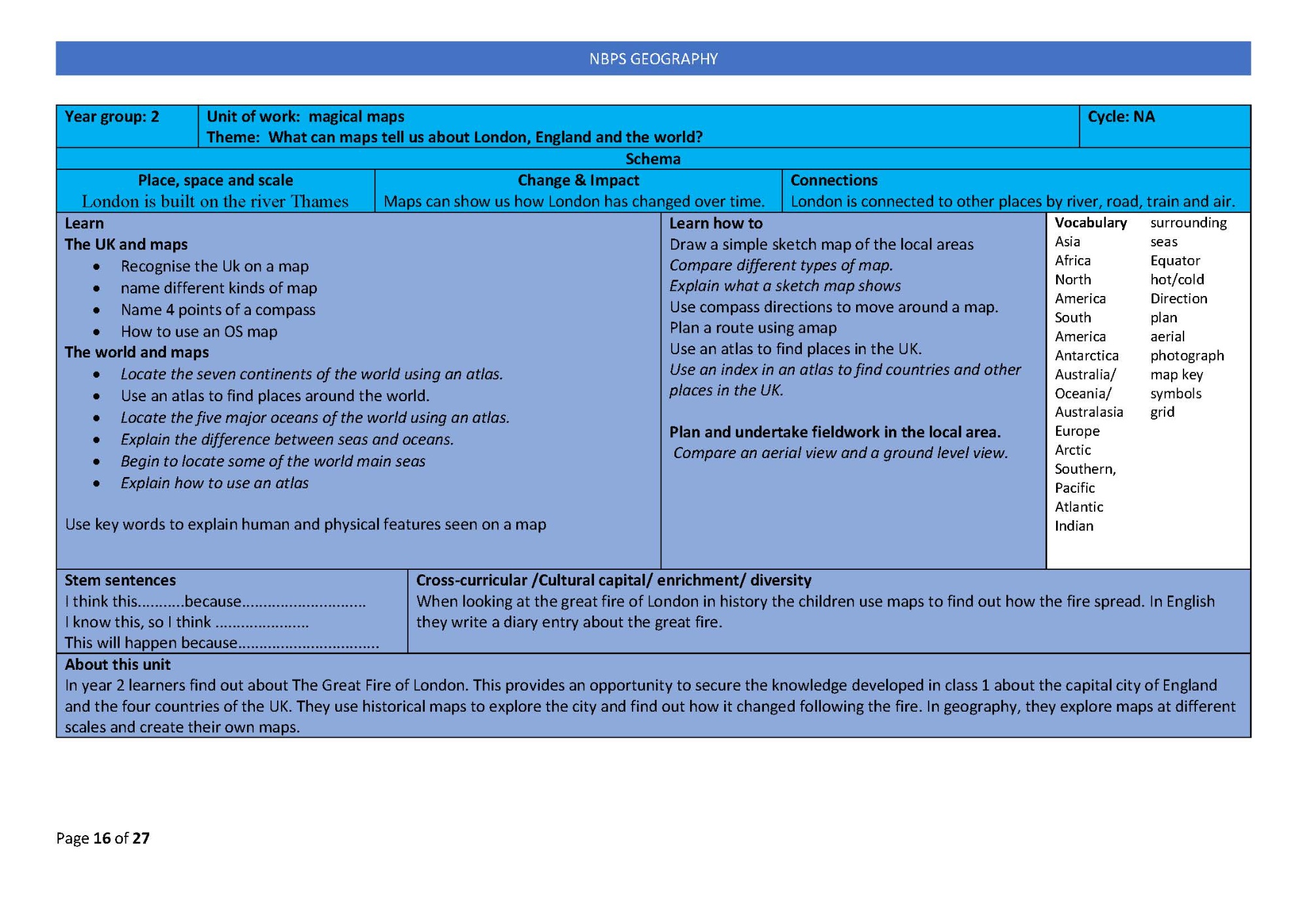
On safari - Travels with my Bear
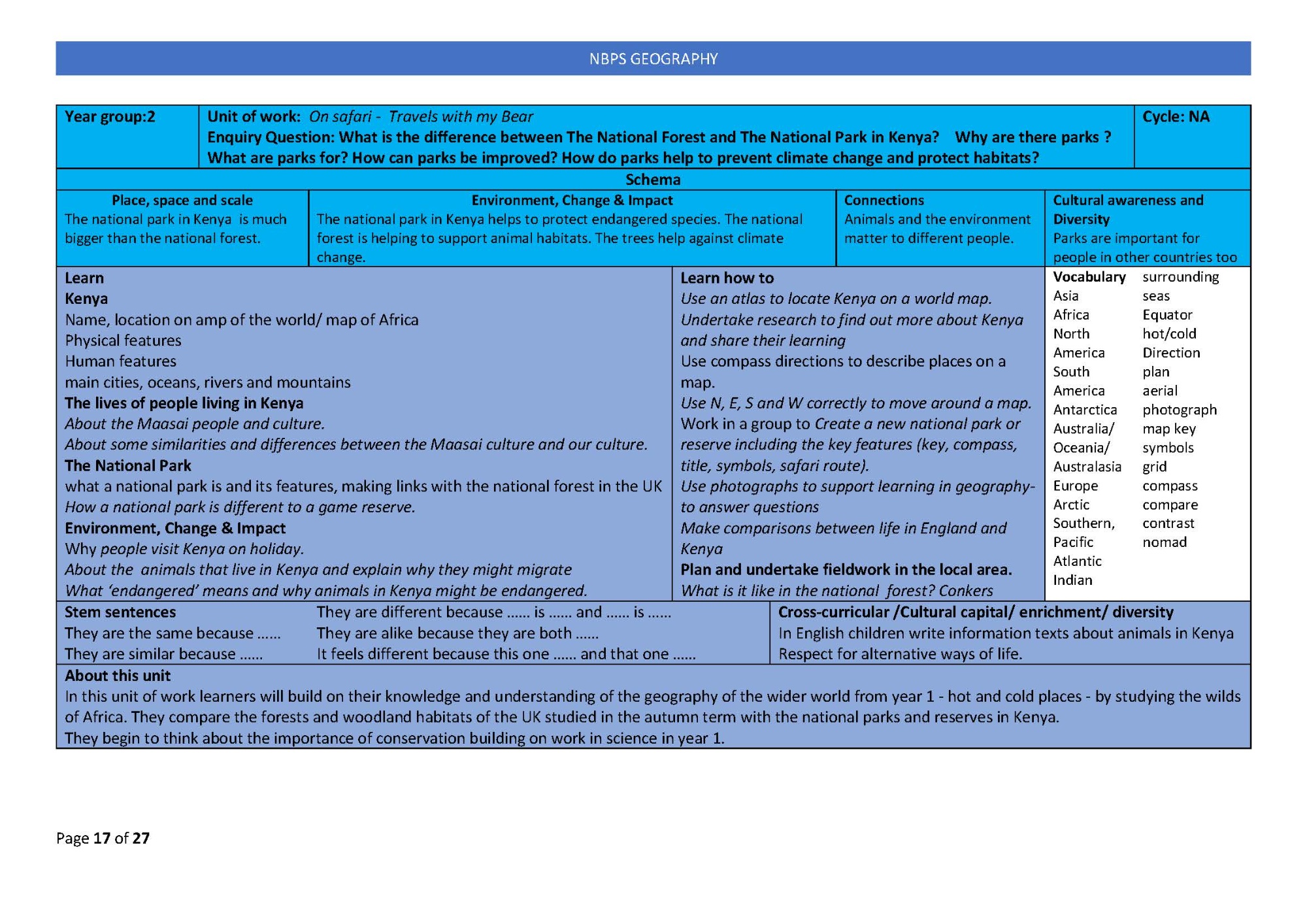
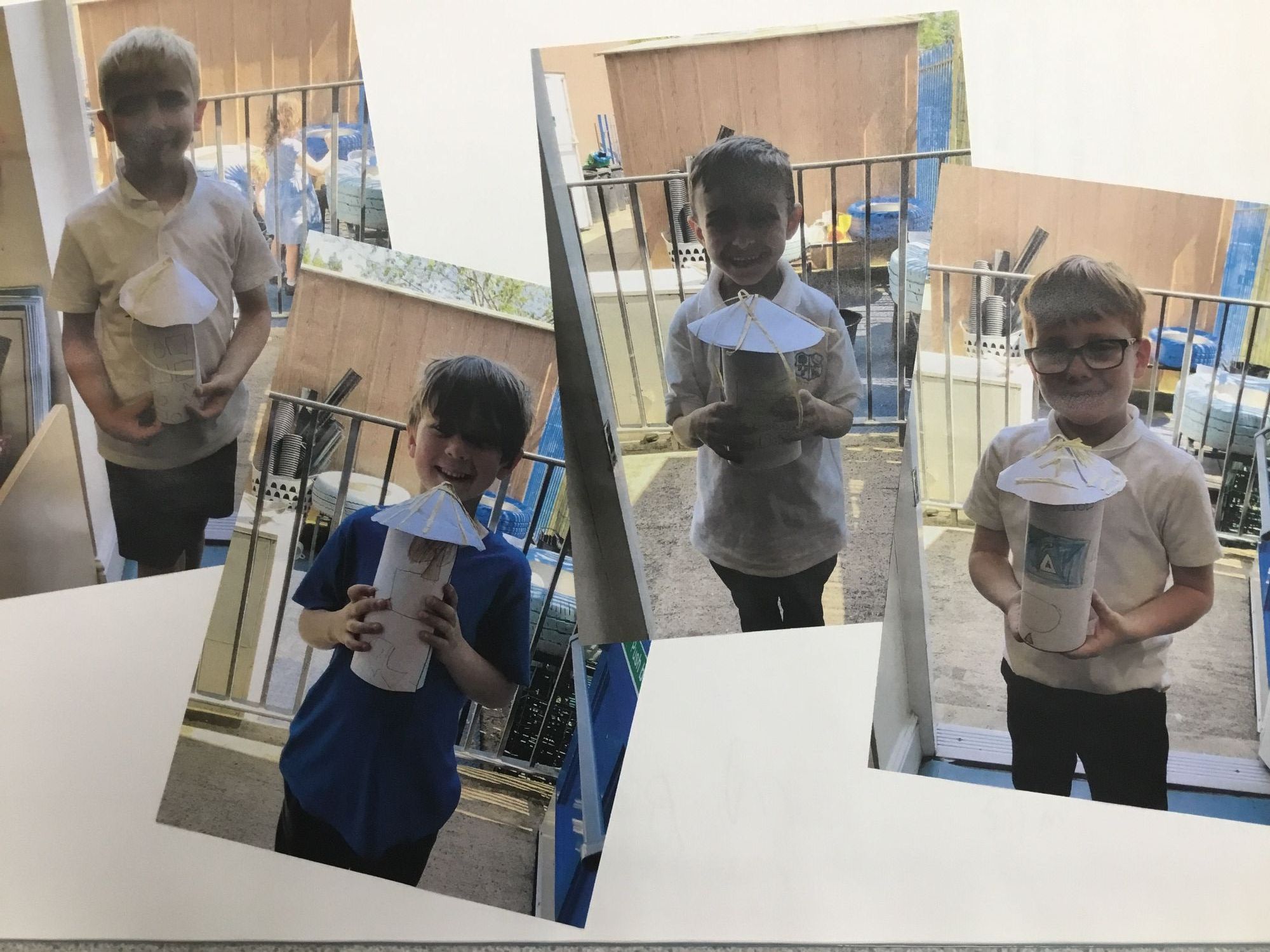
All around the world
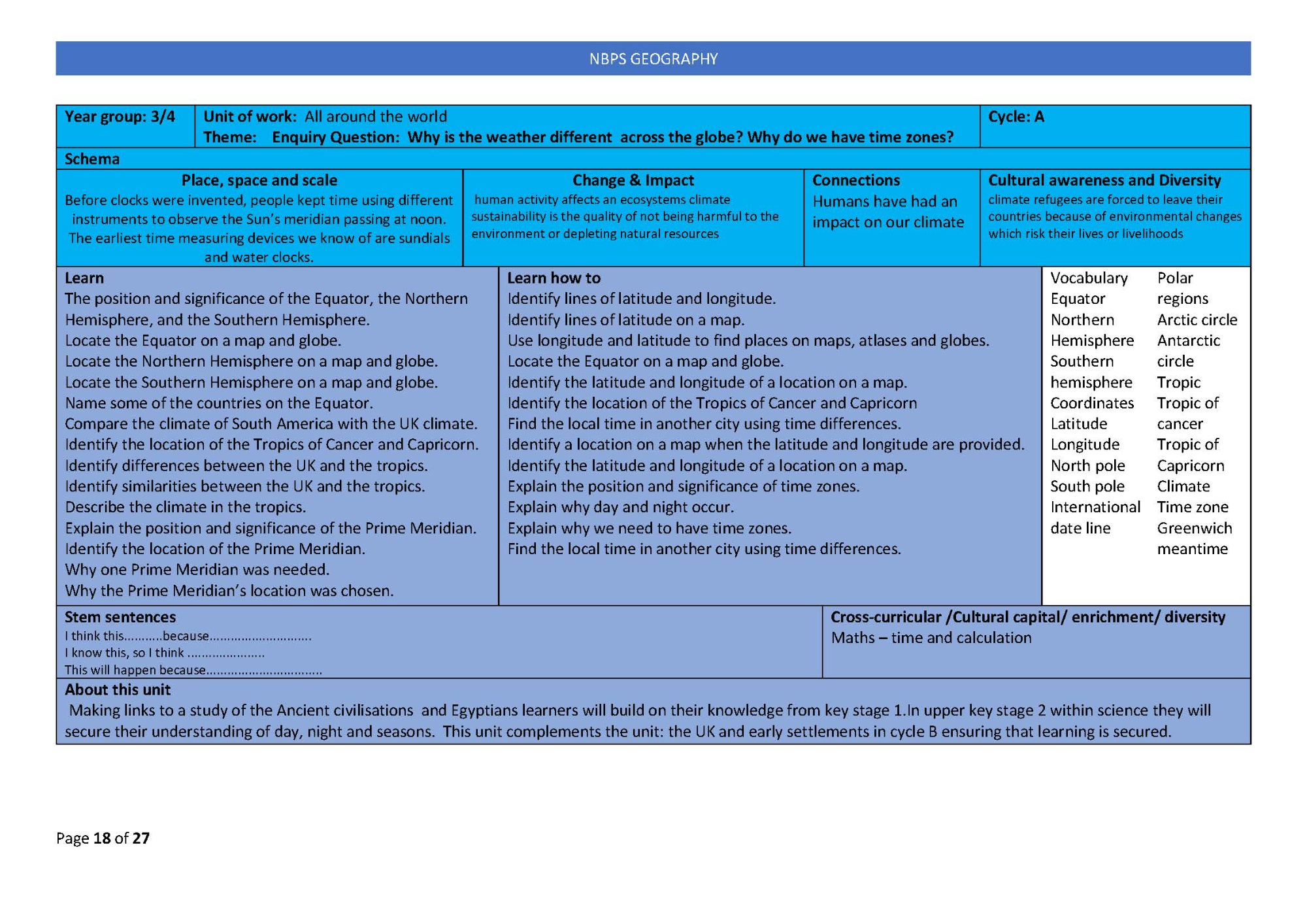
The UK and early settlements
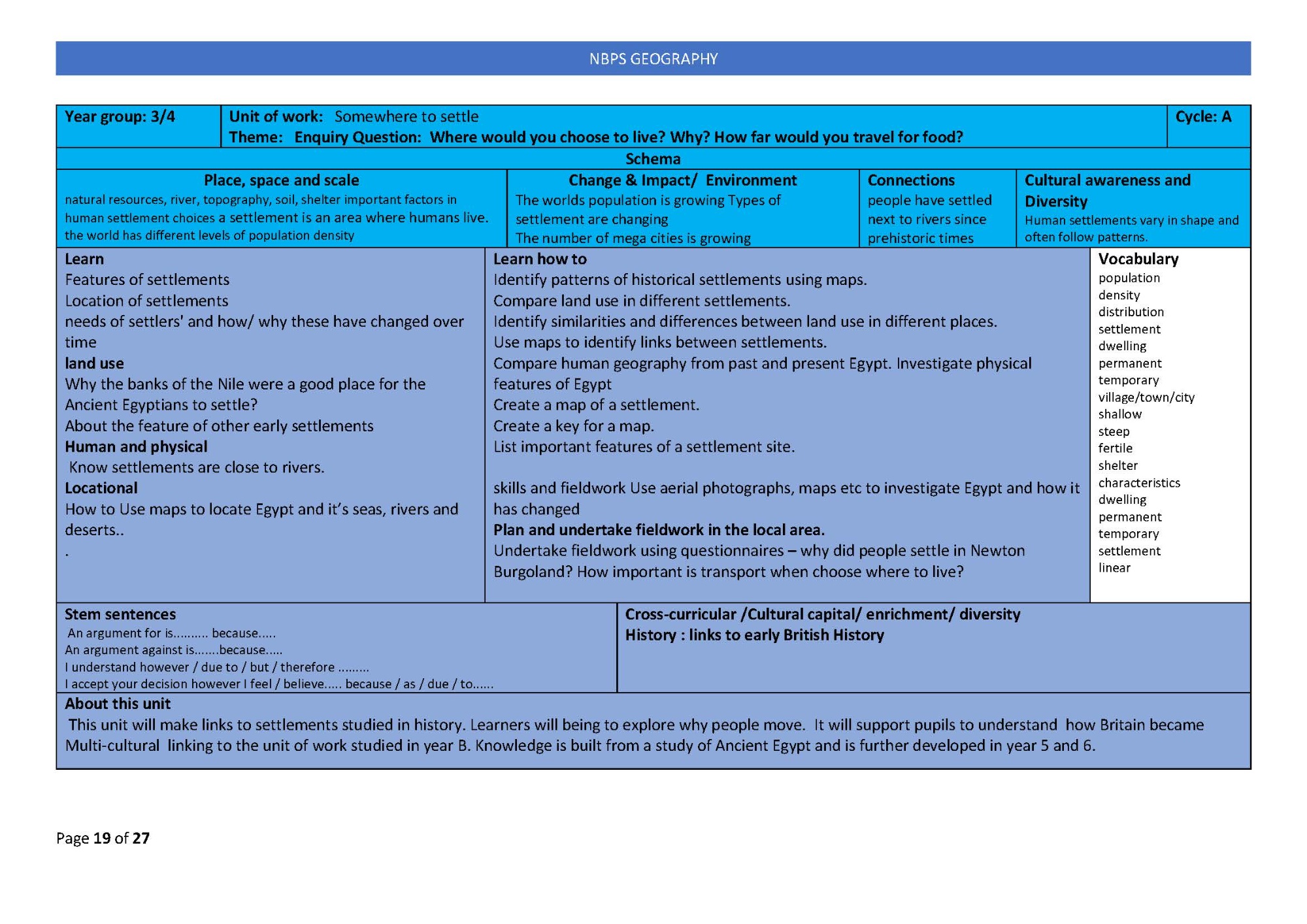
extreme EARTH
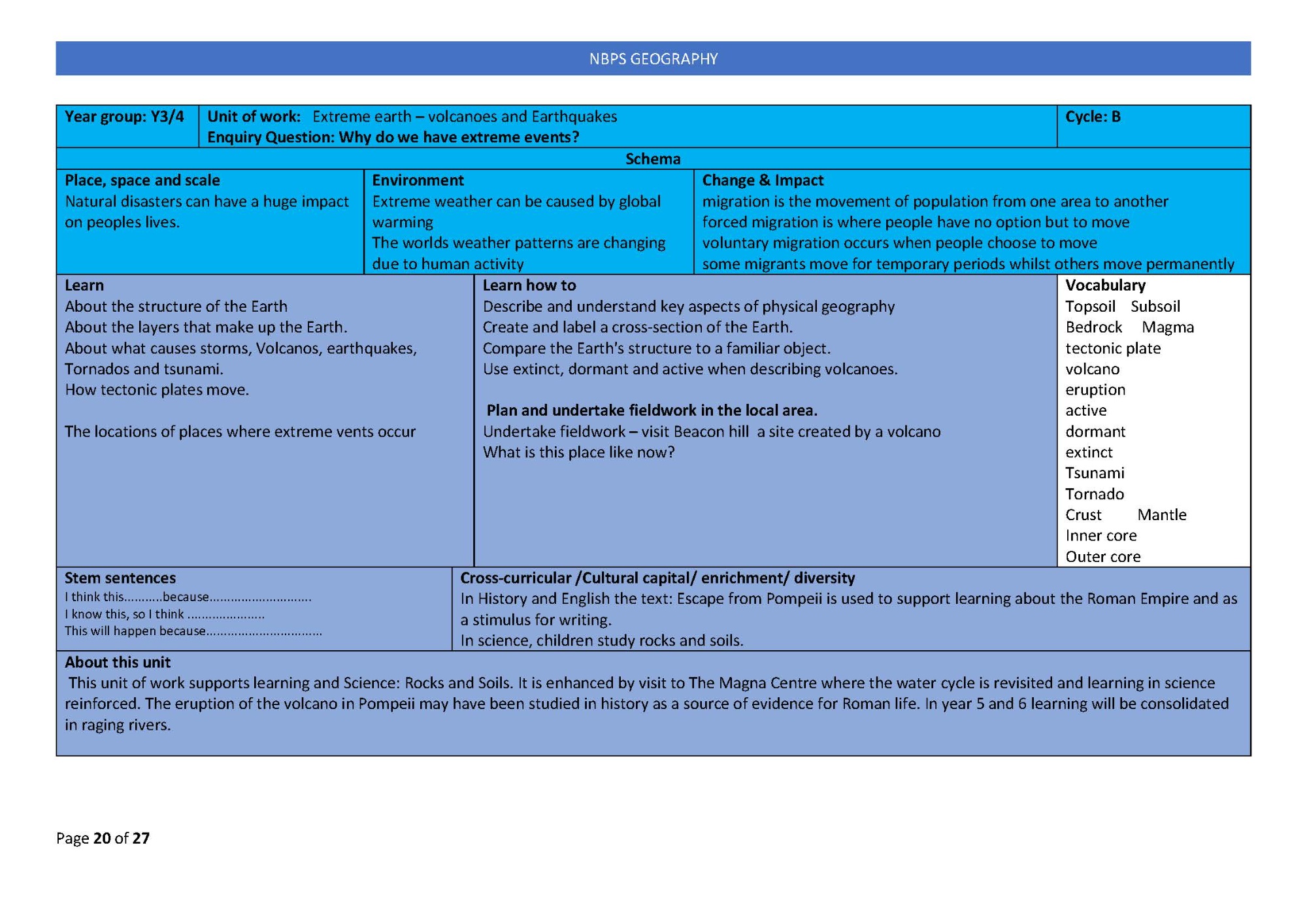
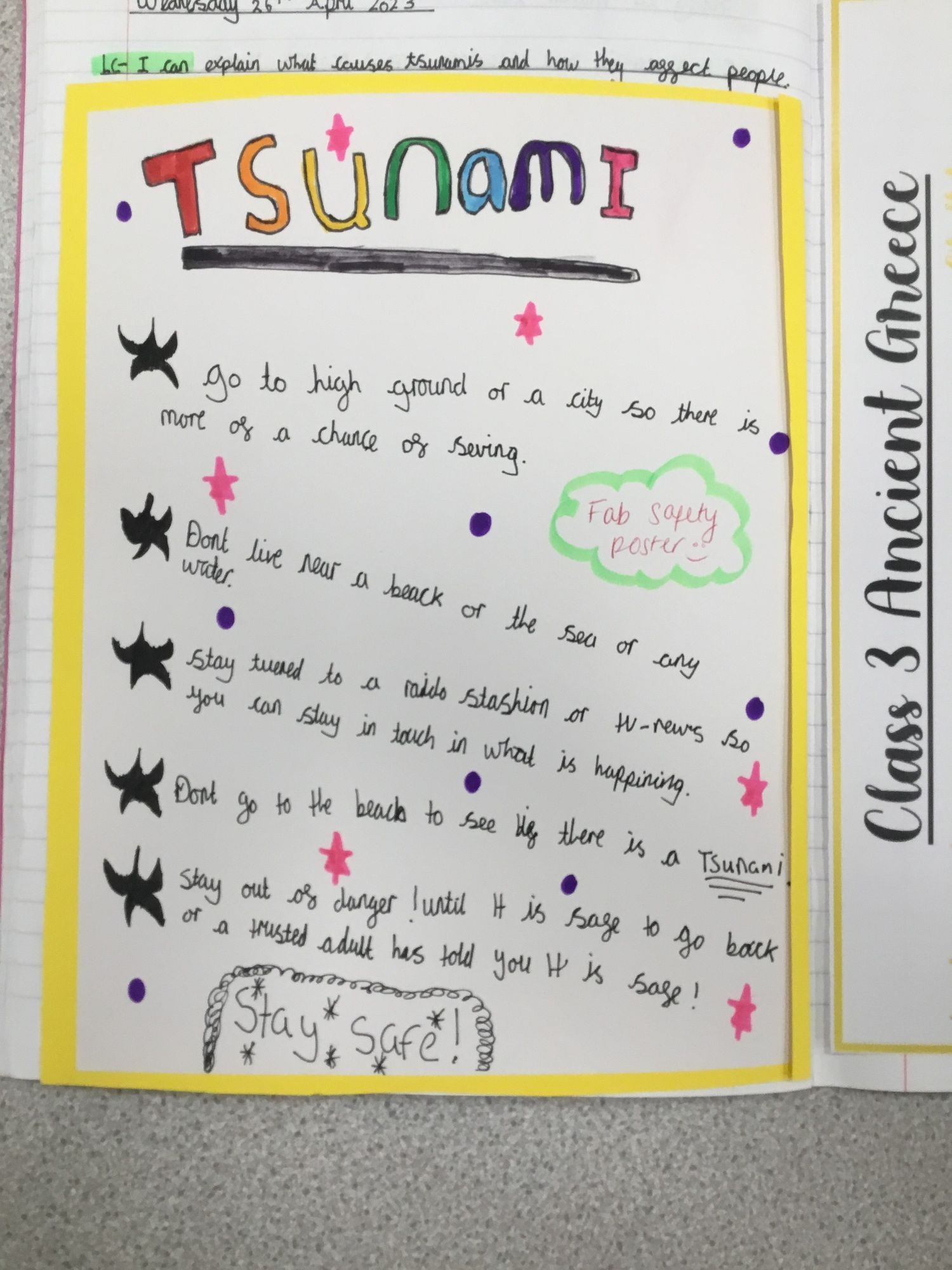
Our changing nation- Leicester global city of culture
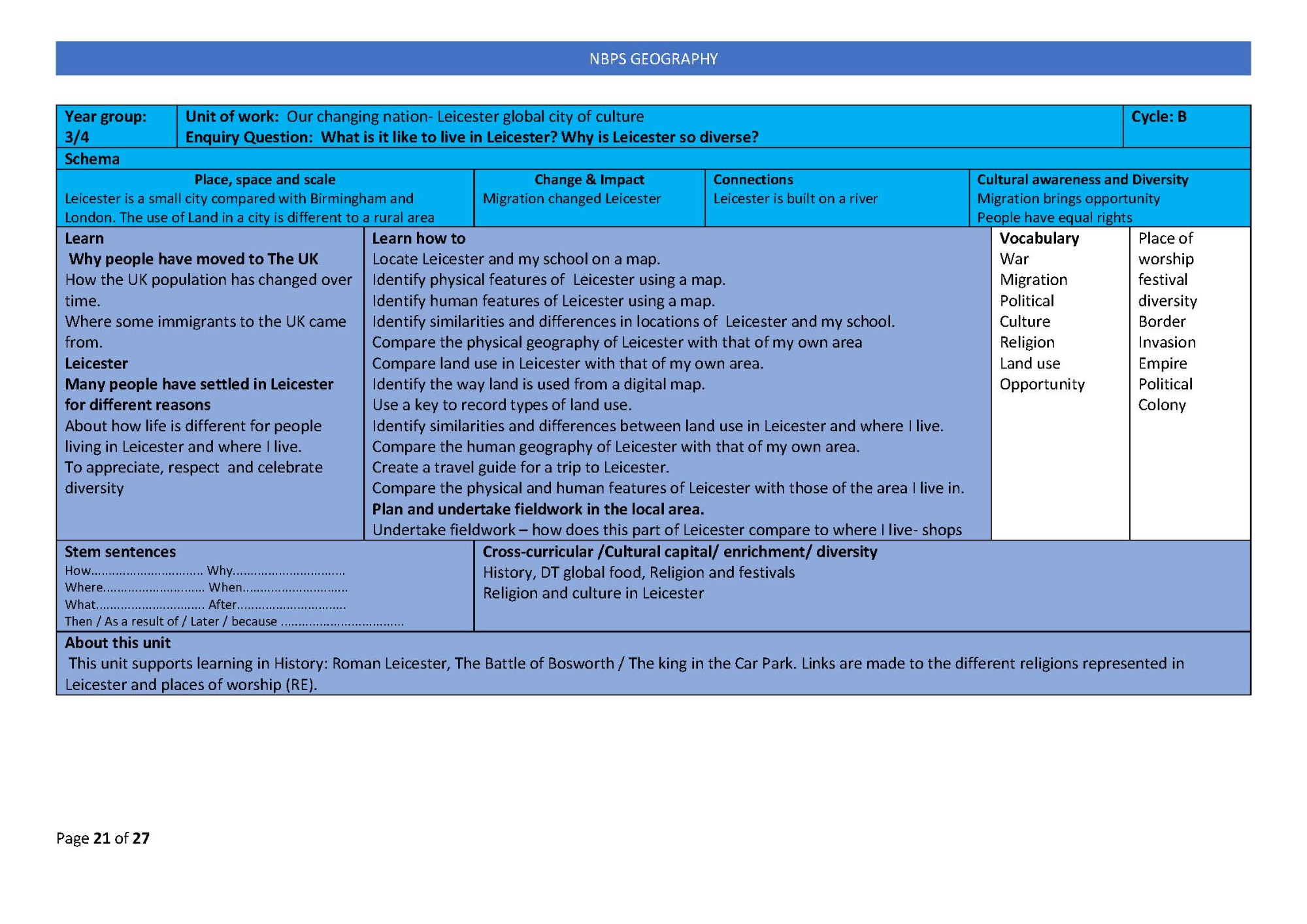
How does the weather change the world we live in?
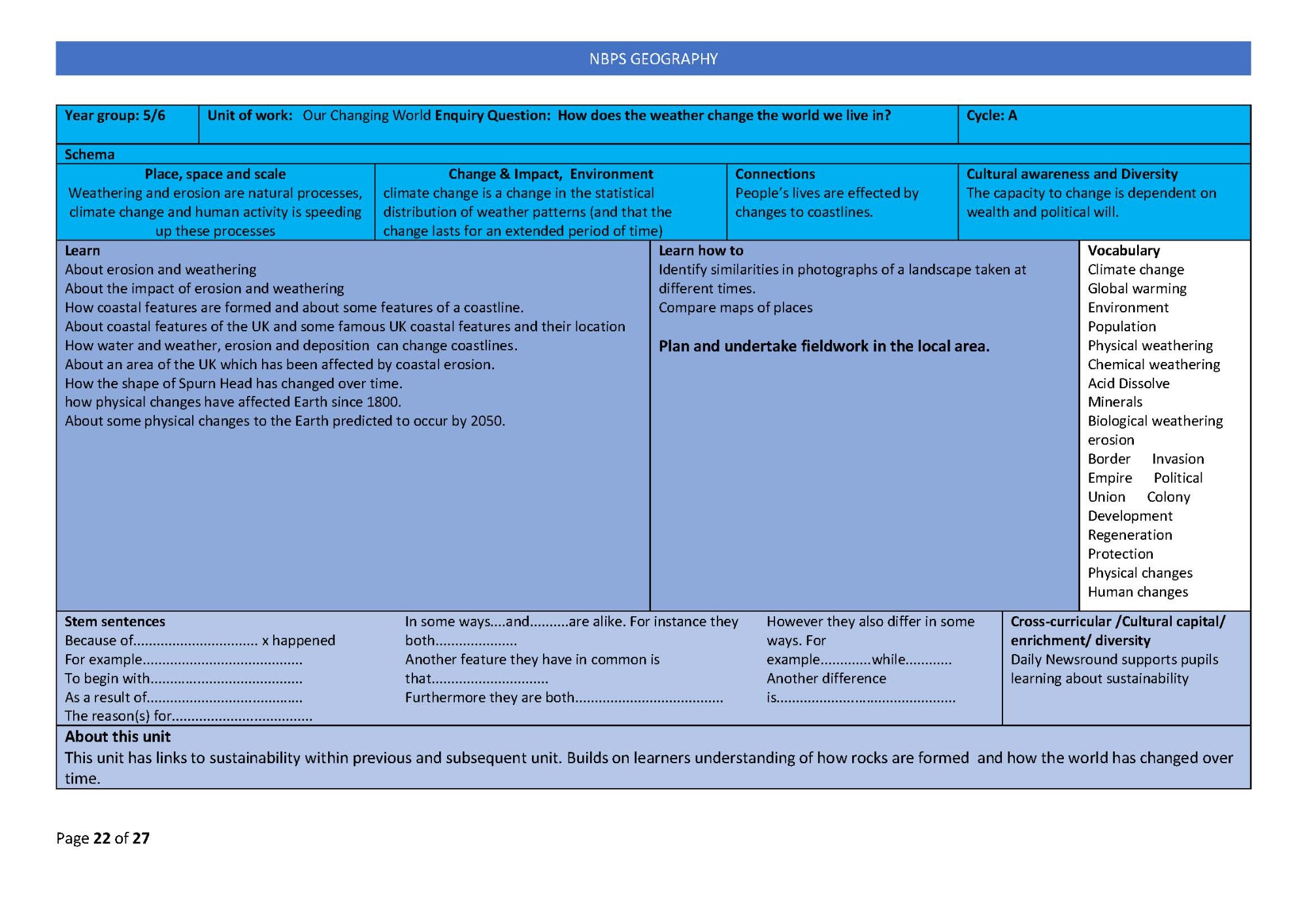
Raging Rivers
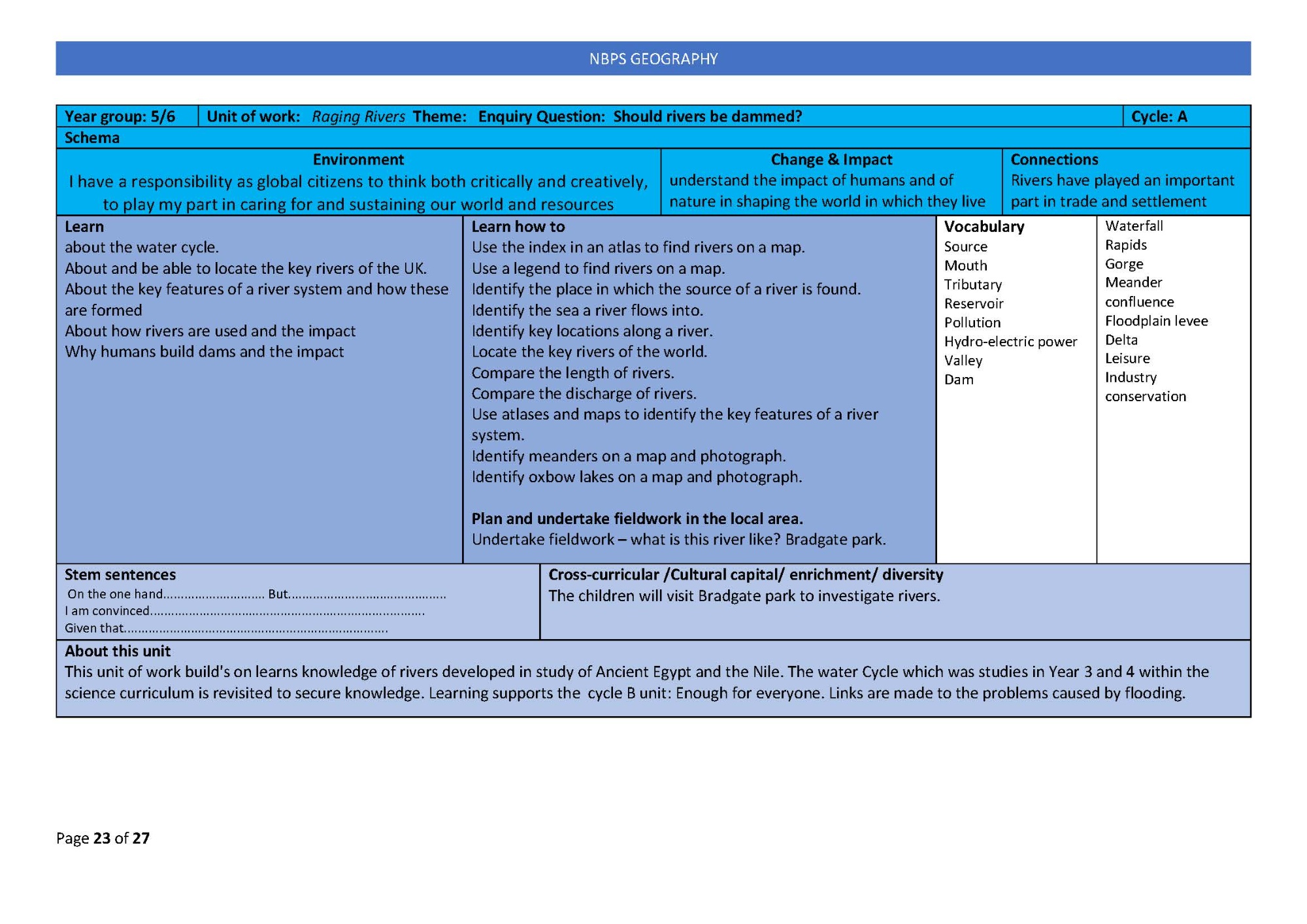
Marvellous Maps
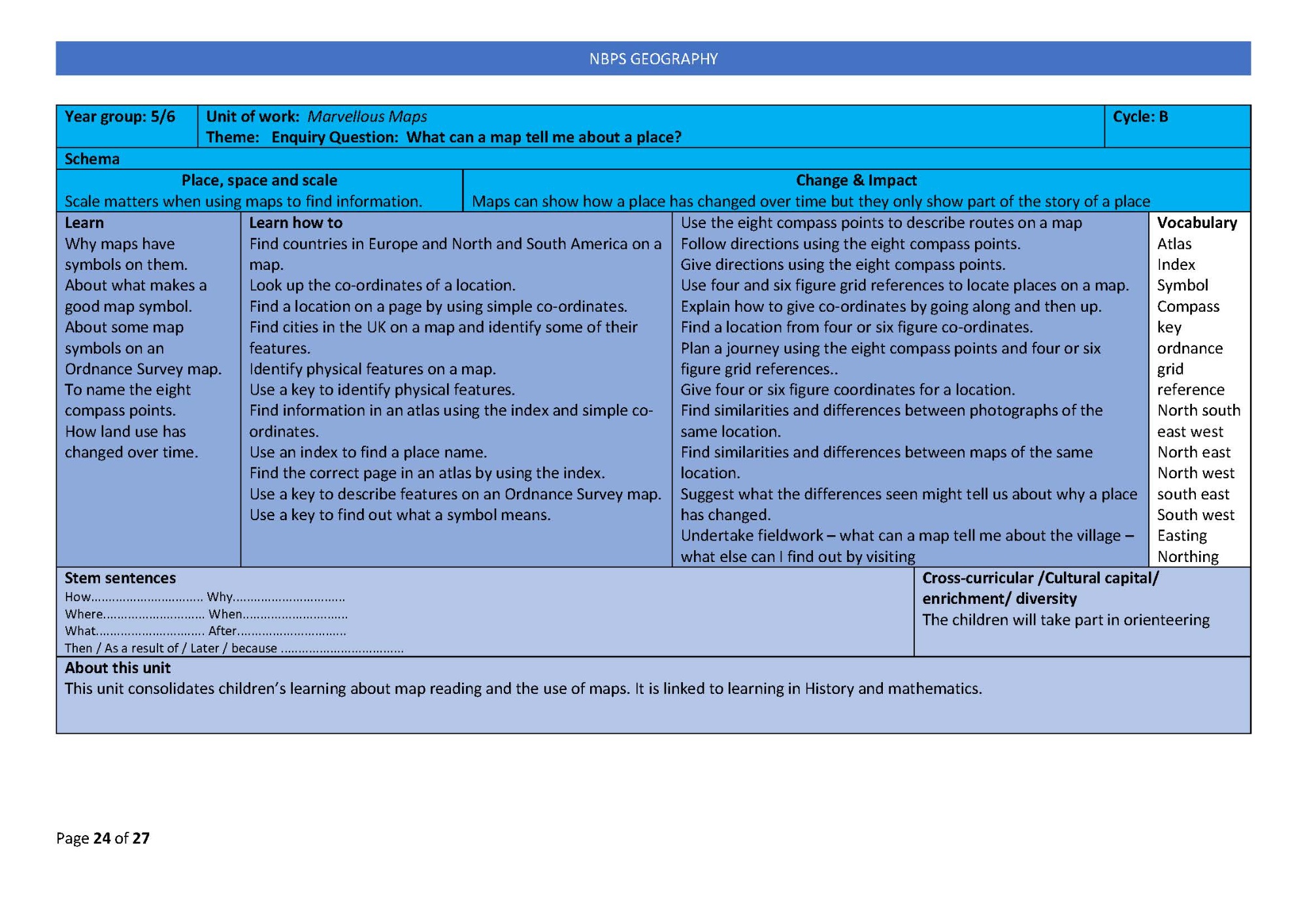
At the end of the unit of work on Marvellous Maps, the children were given a task where they had to draw on all their previous learning.
Magnificent Mountains
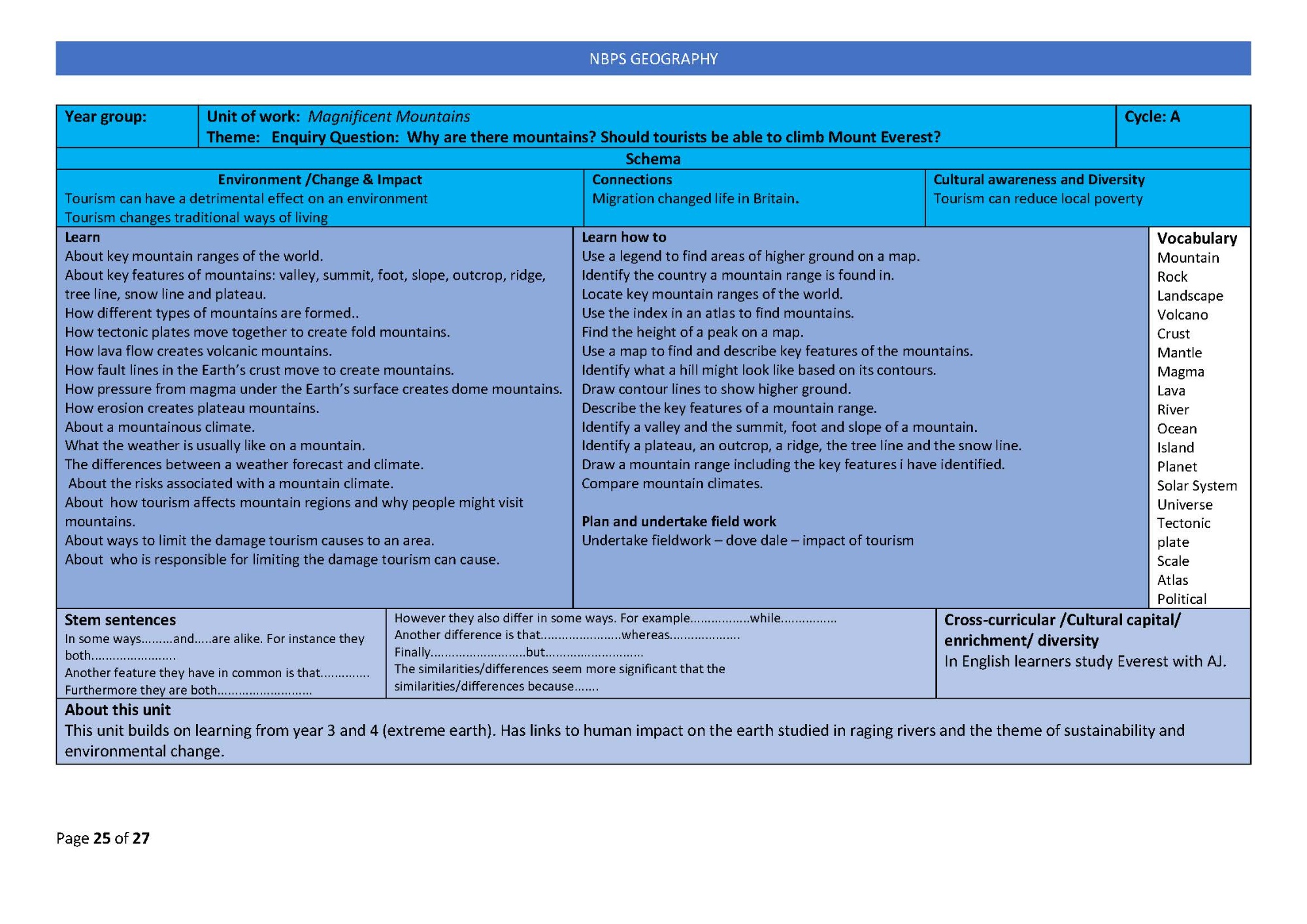
Look below to see how the children undertook a practical activity to help them learn about contour lines:
Below is an example of an end of topic assessment showing what the pupils have learnt throughout the Magnificent Mountains unit of work. These are on display for all to see!
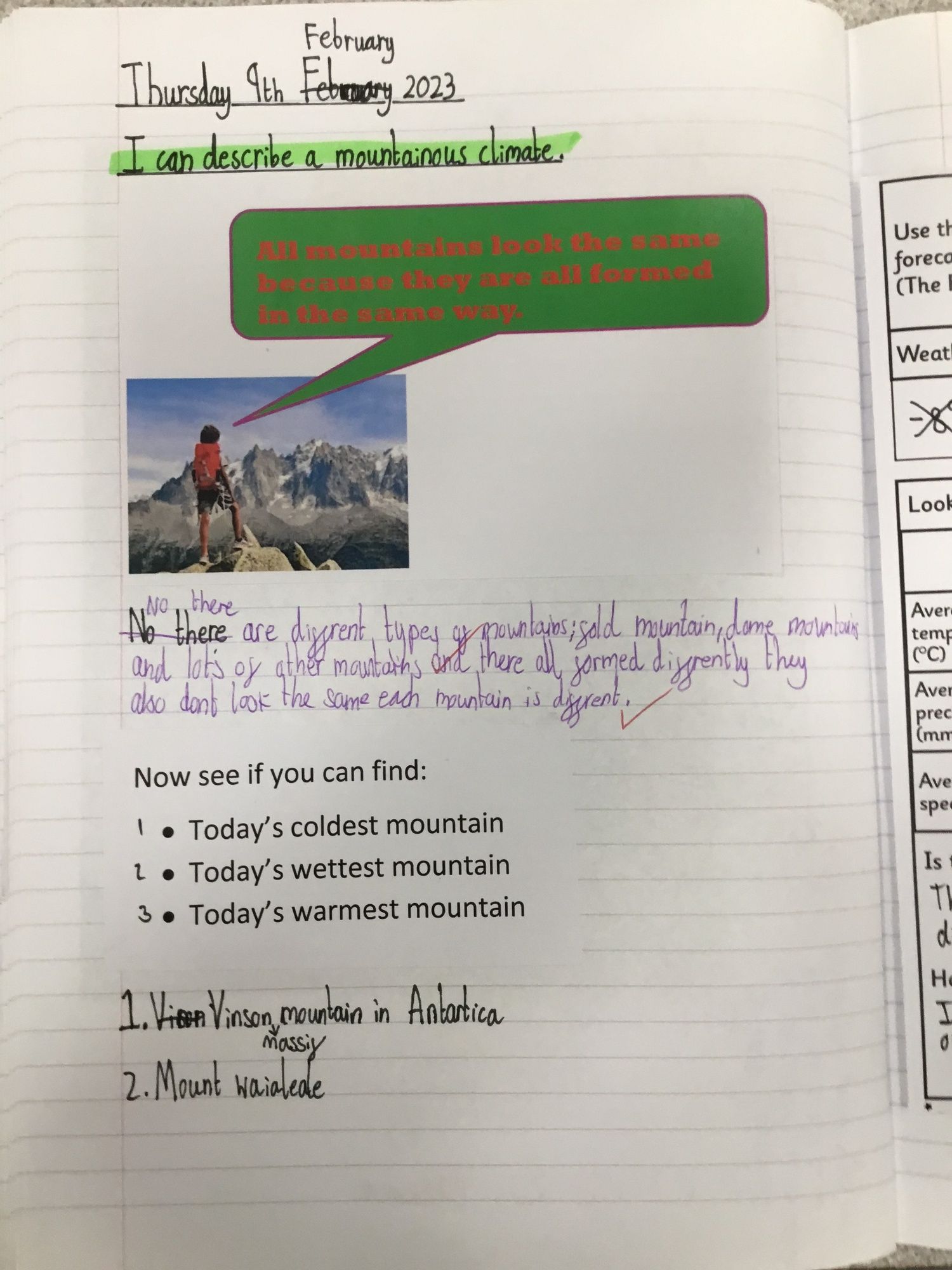
Enough for Everyone/Trade and Economics
